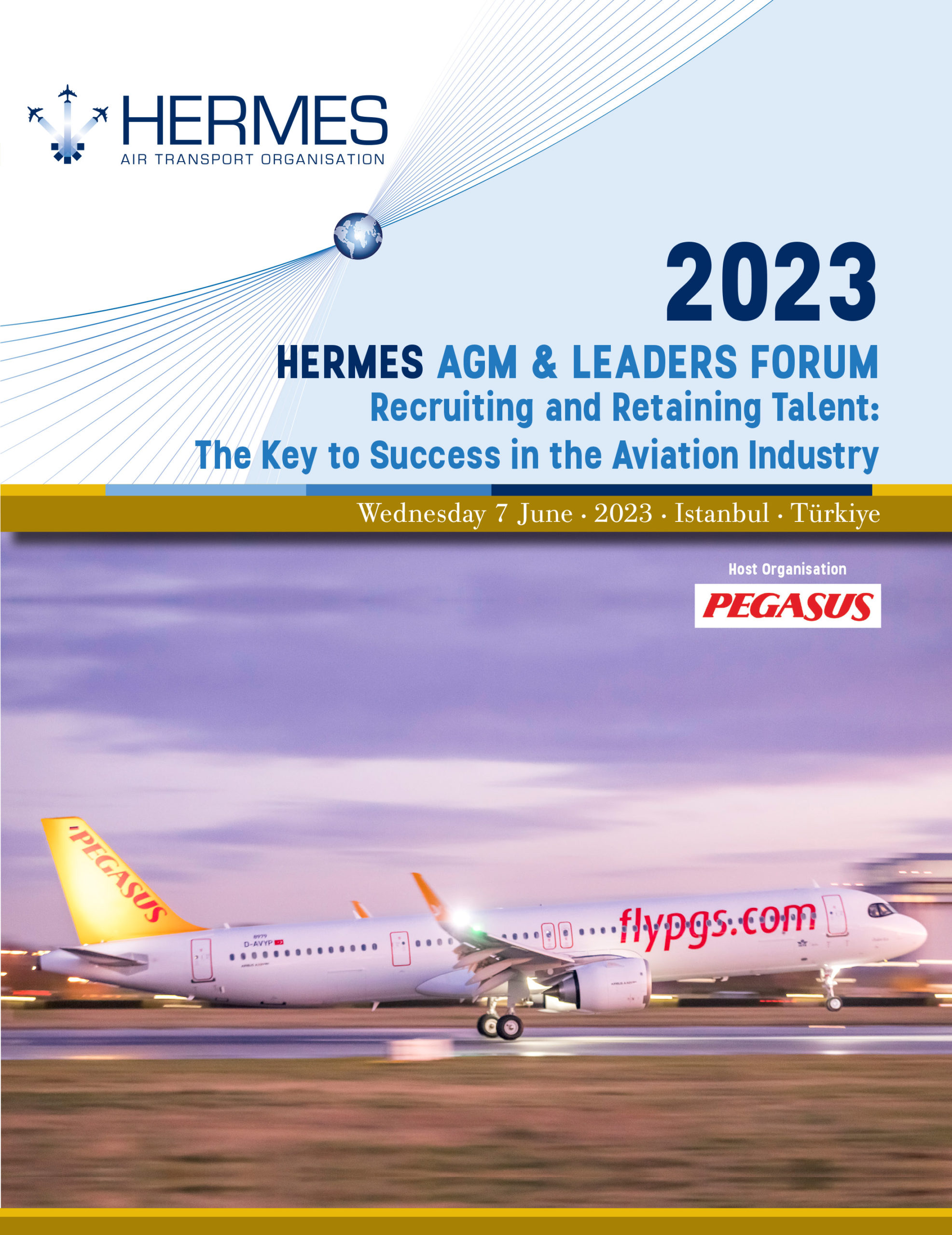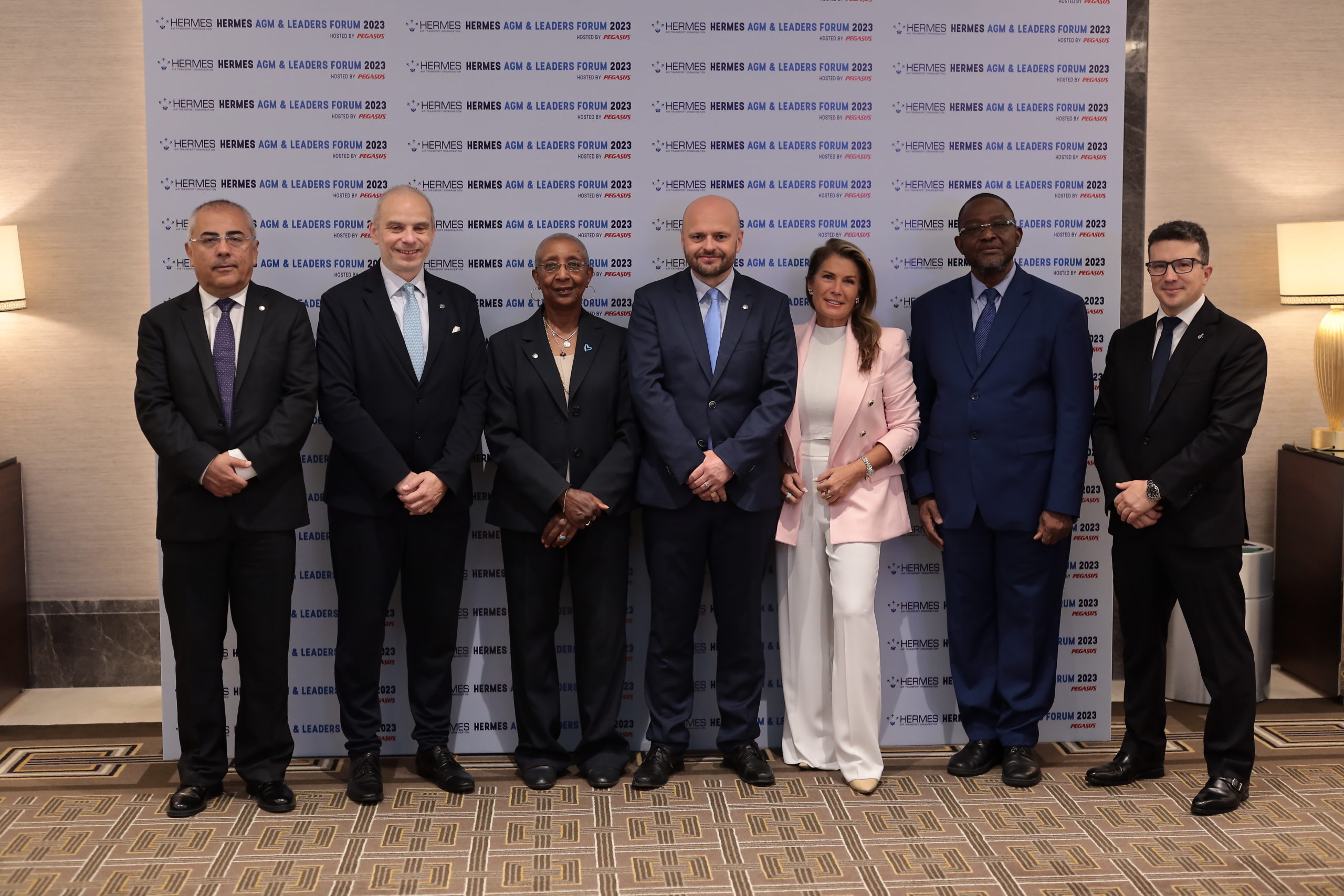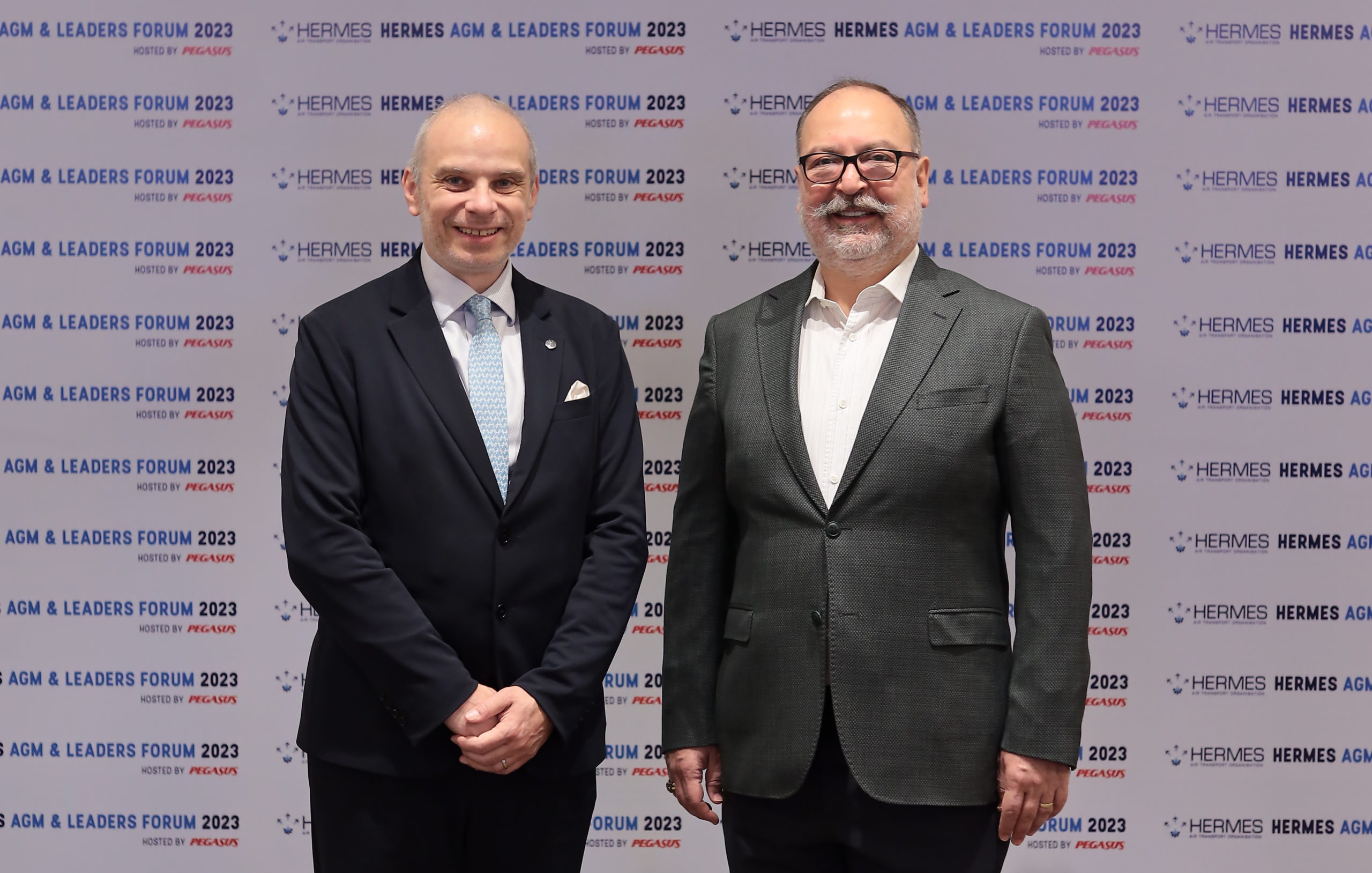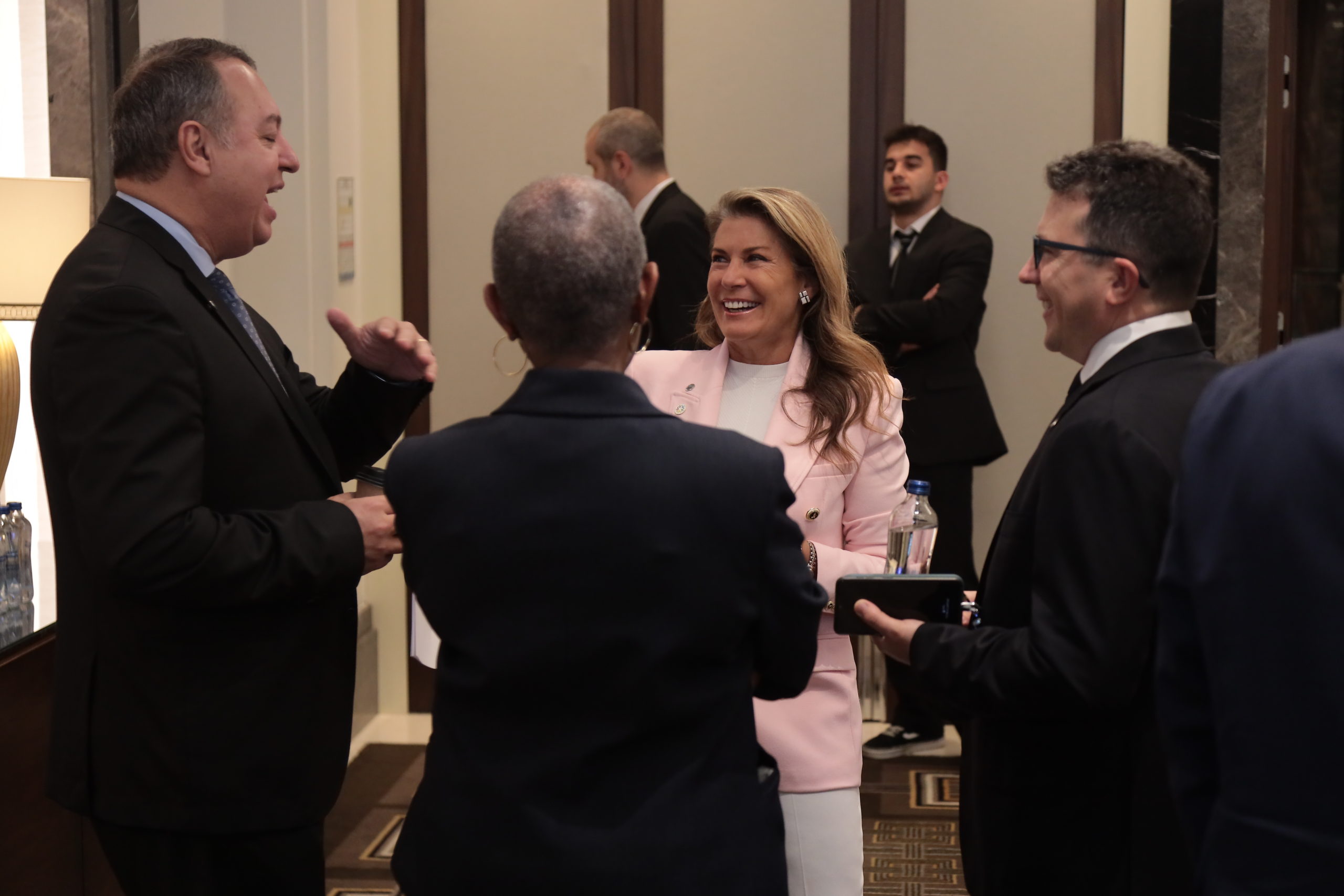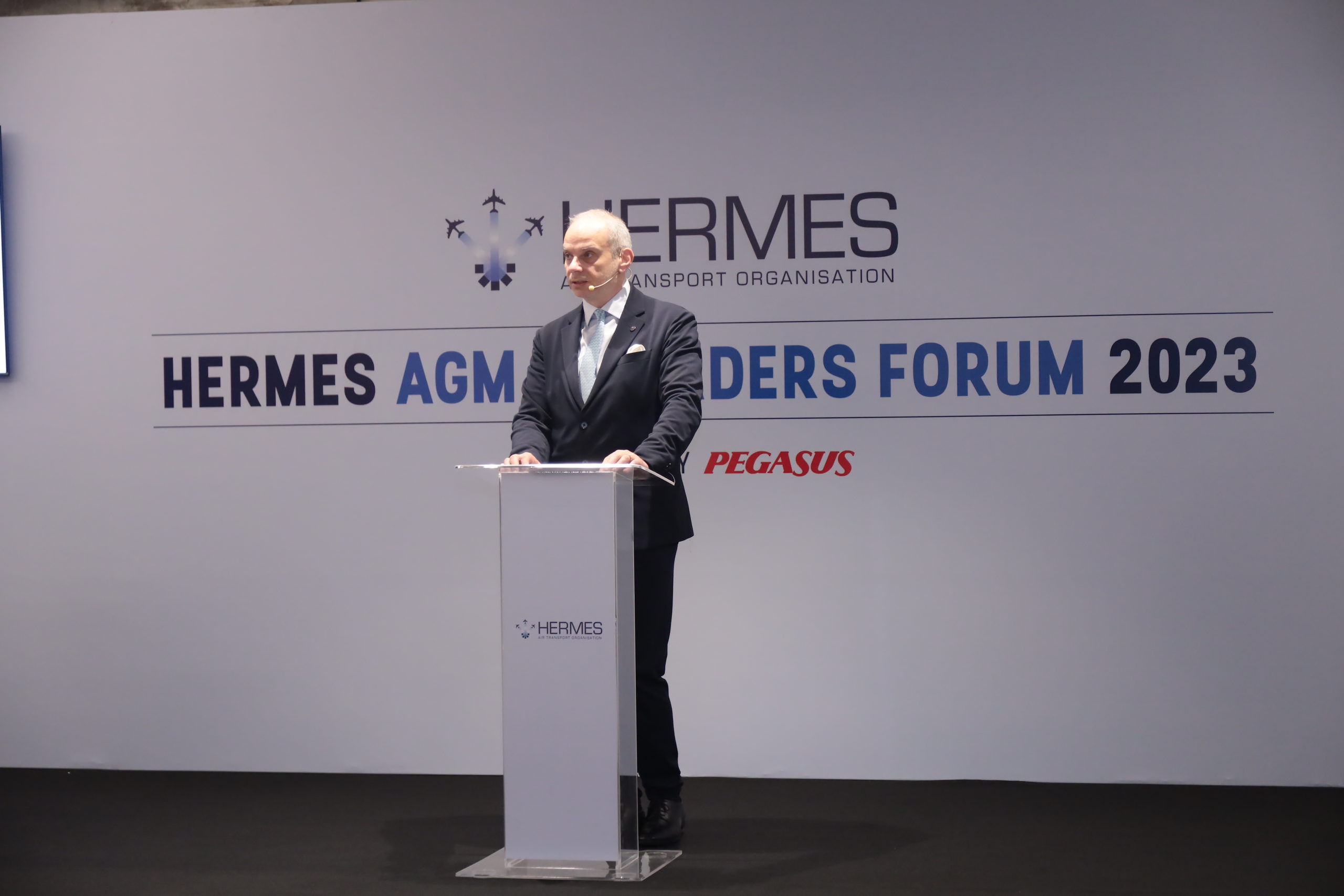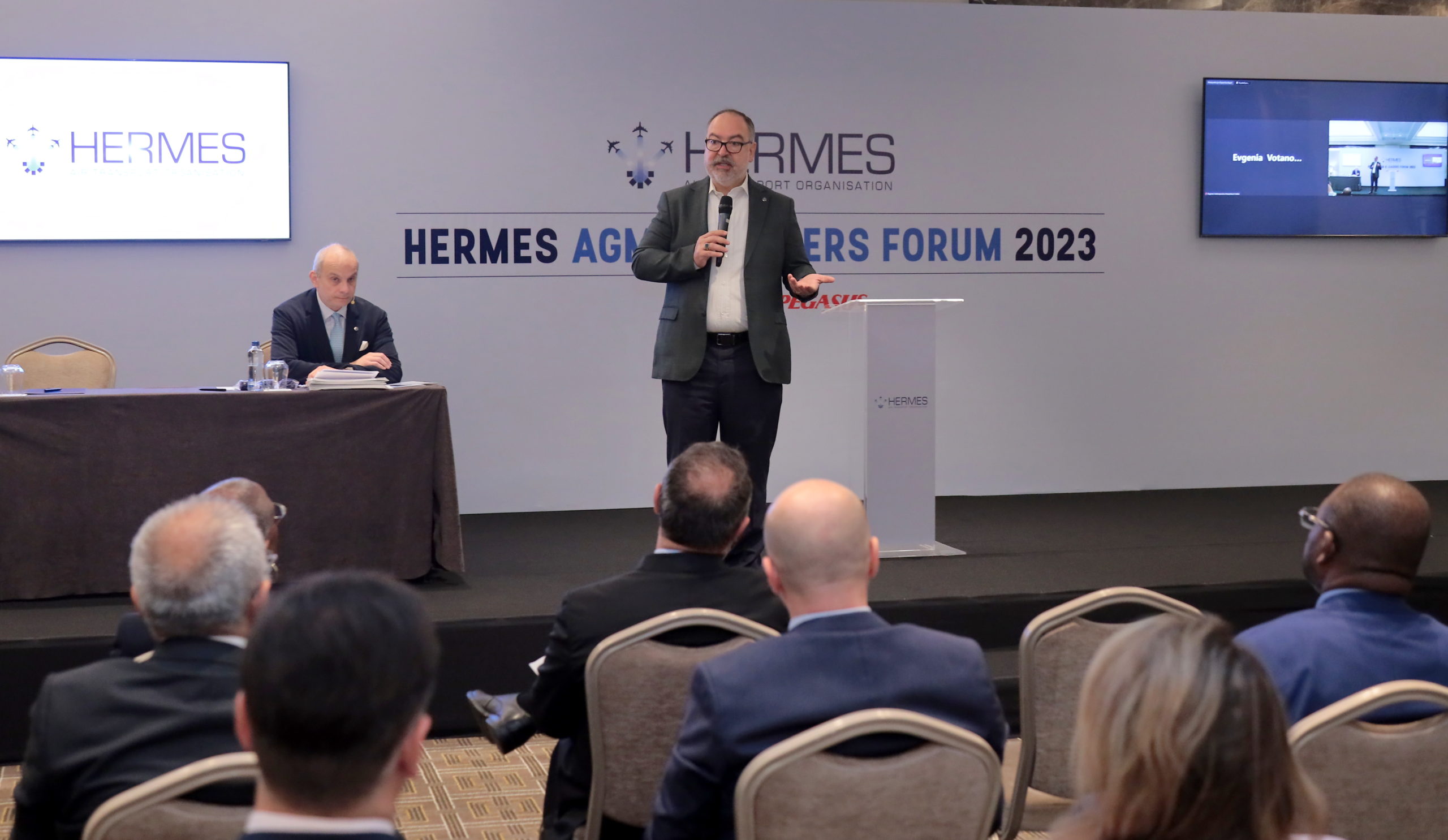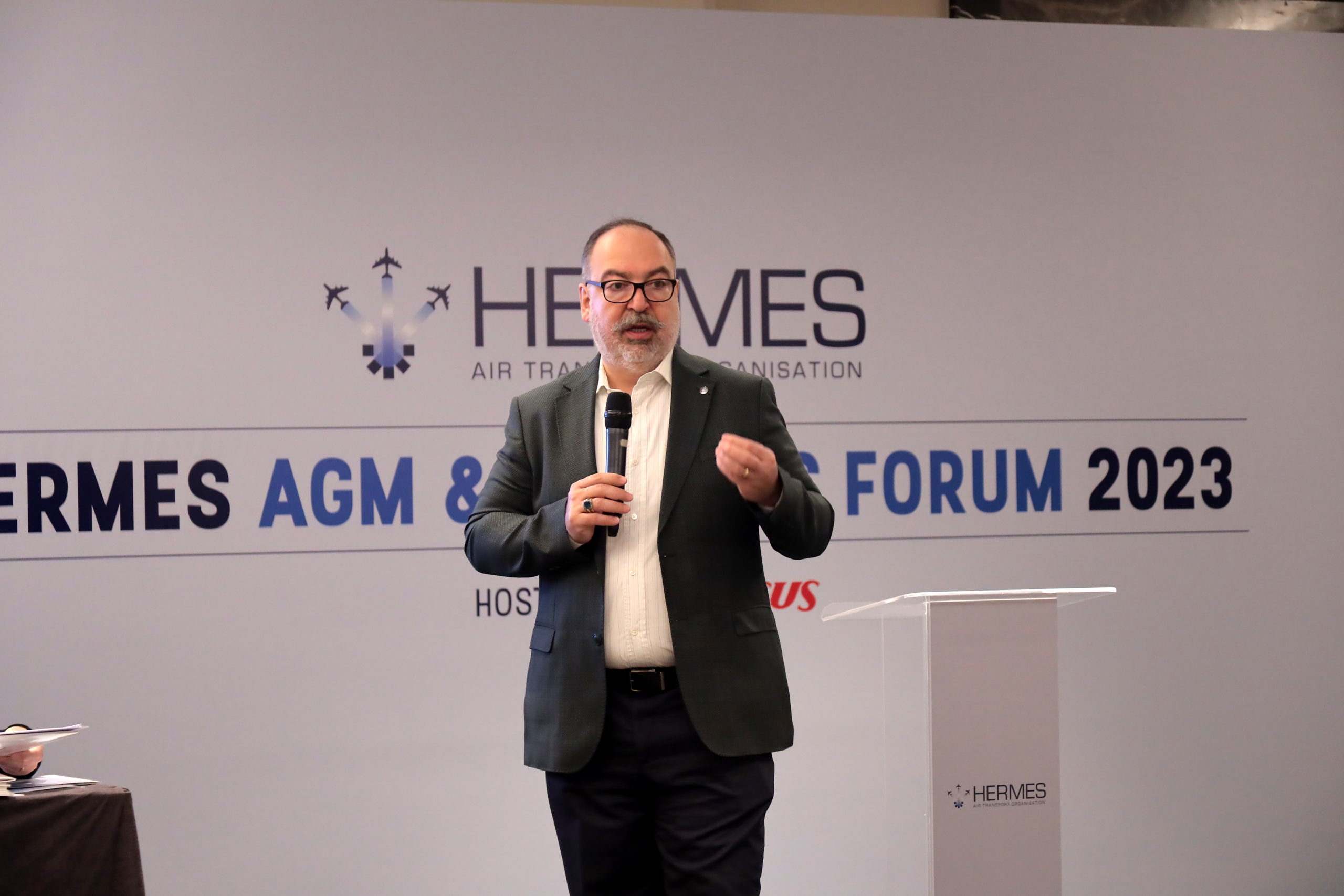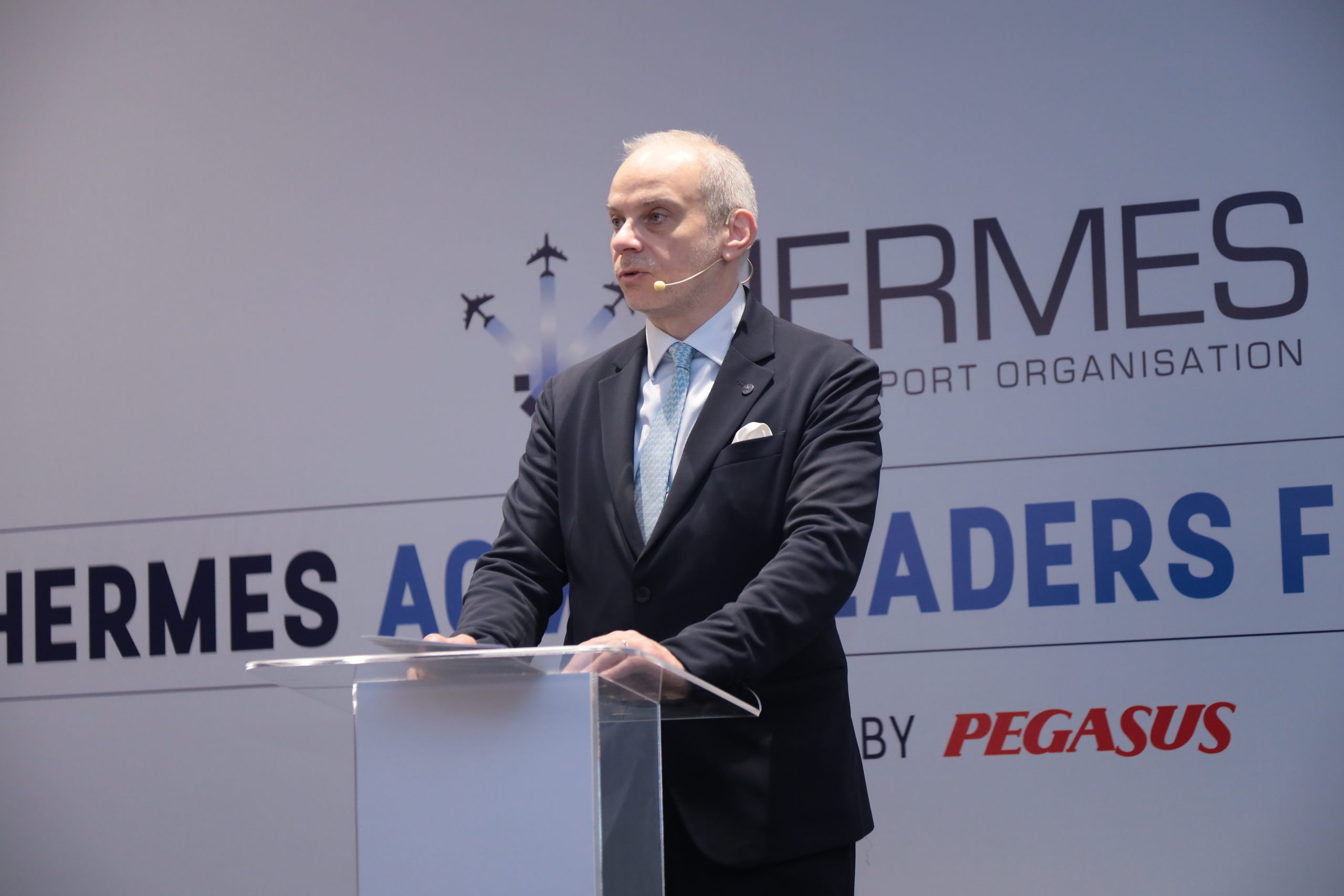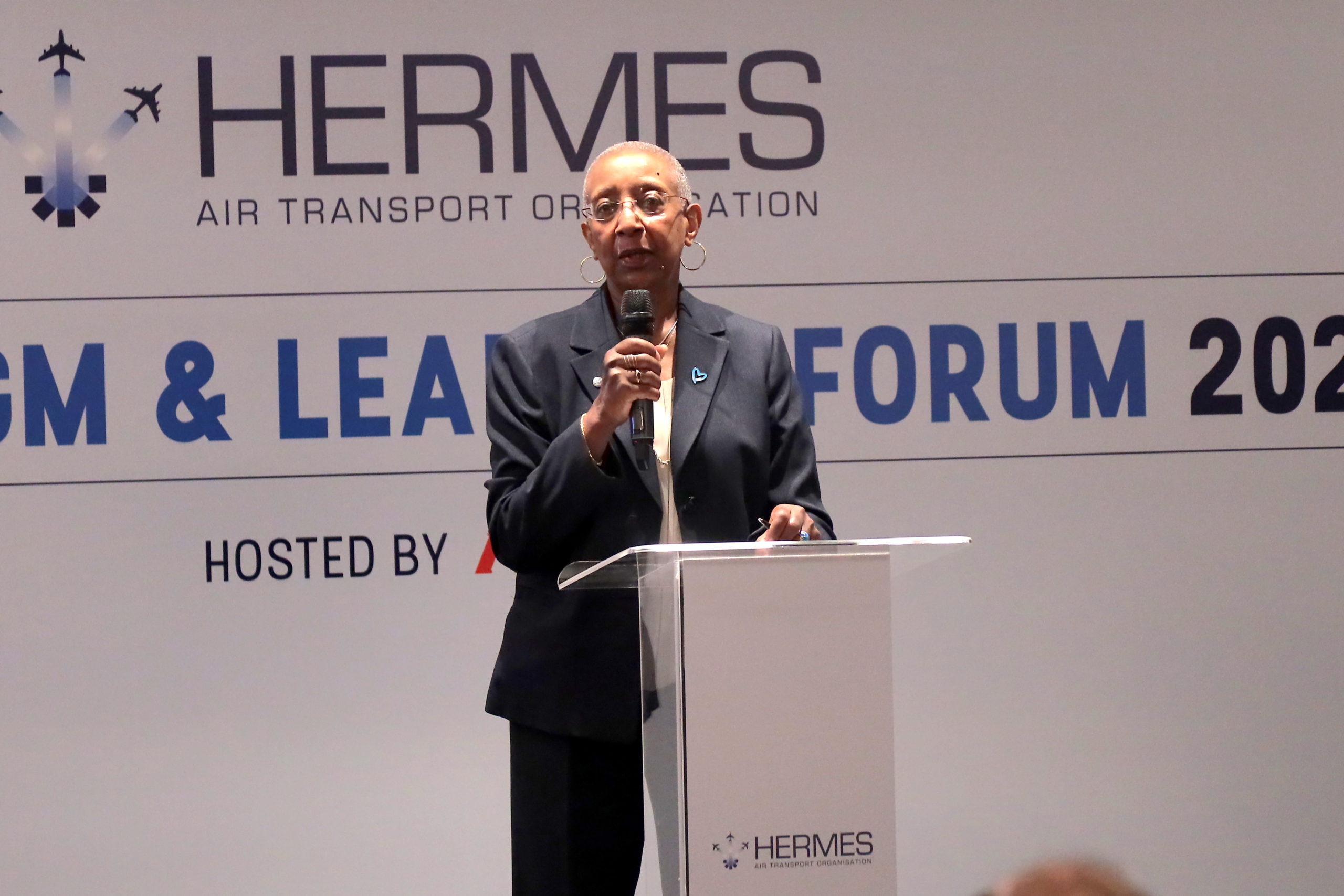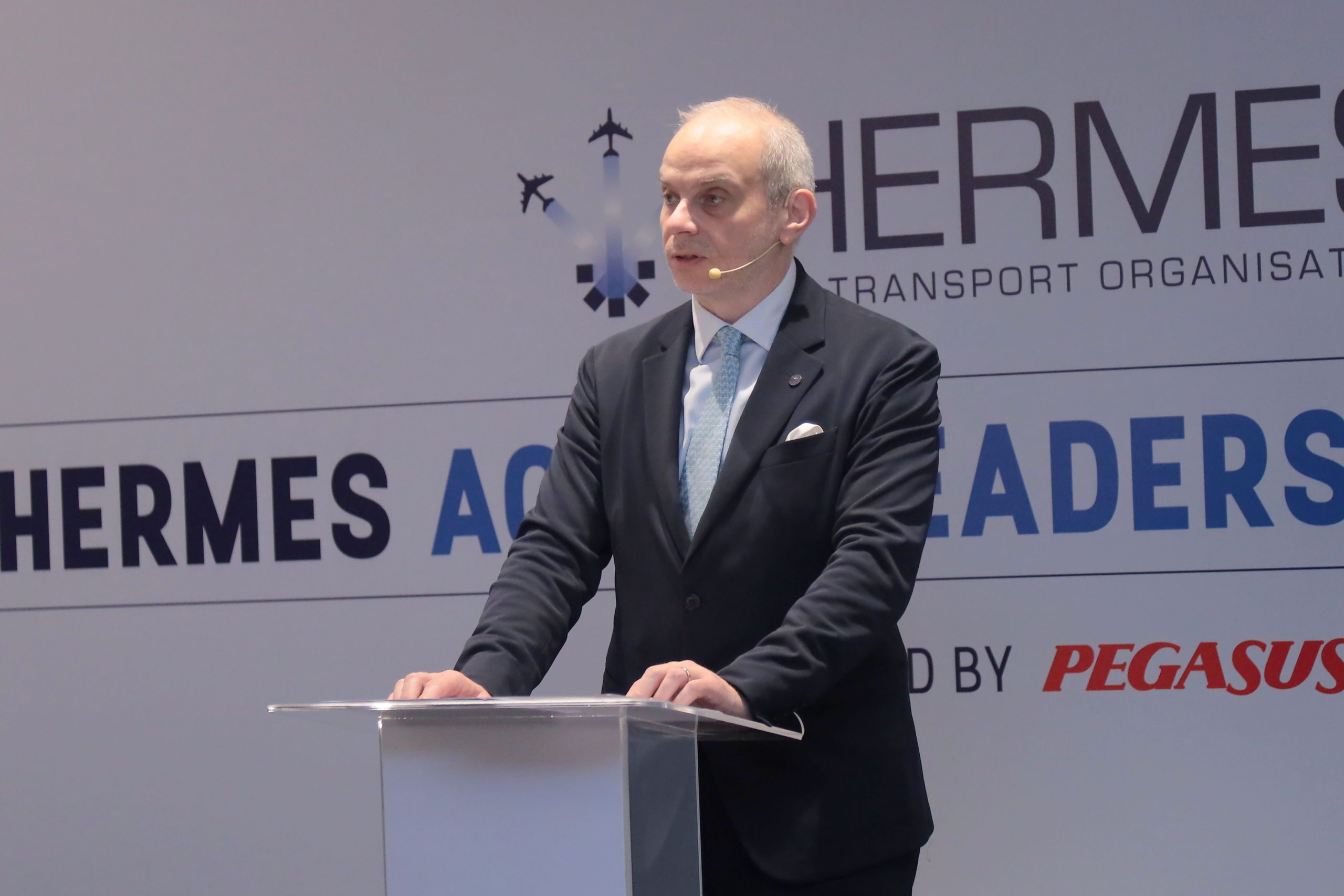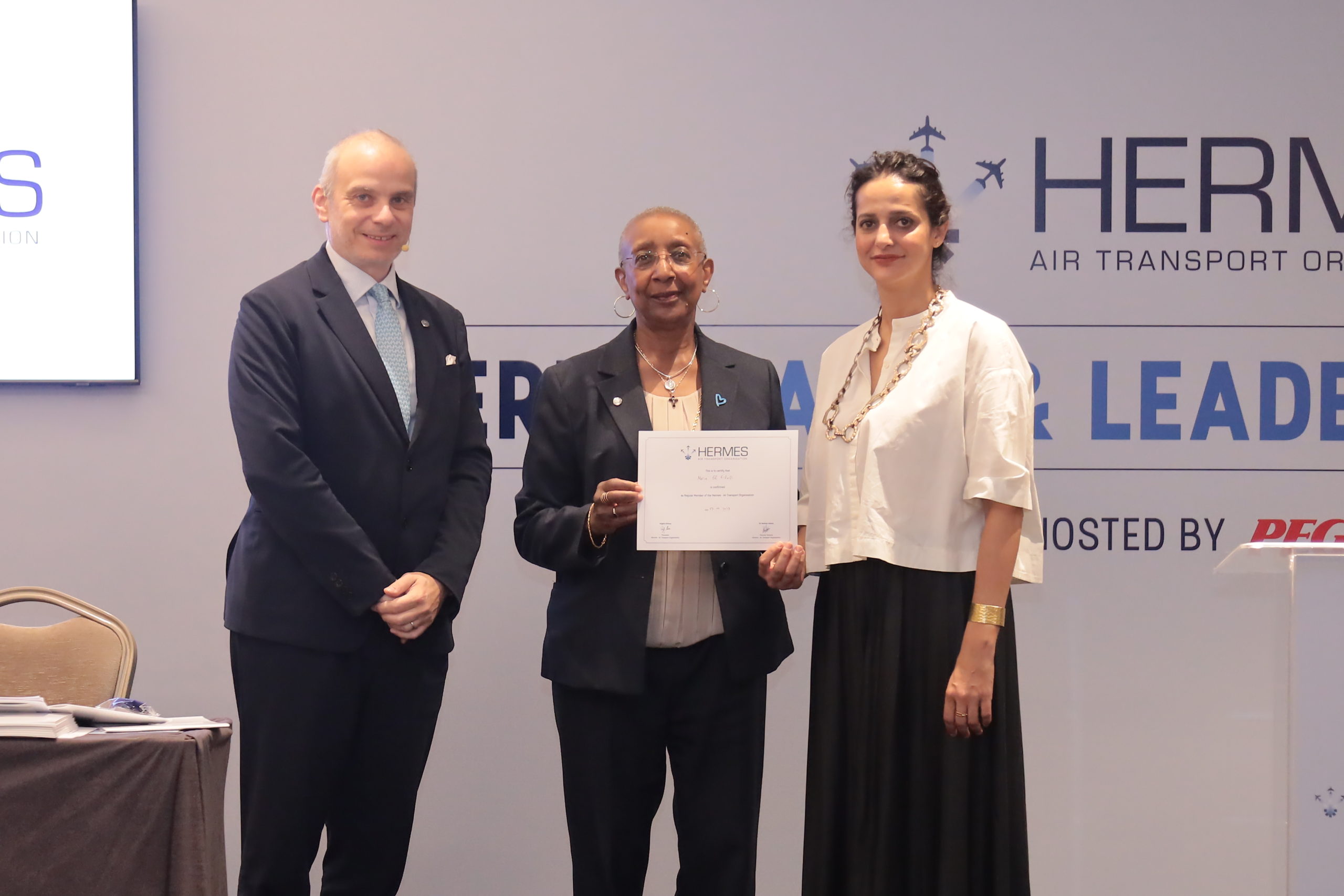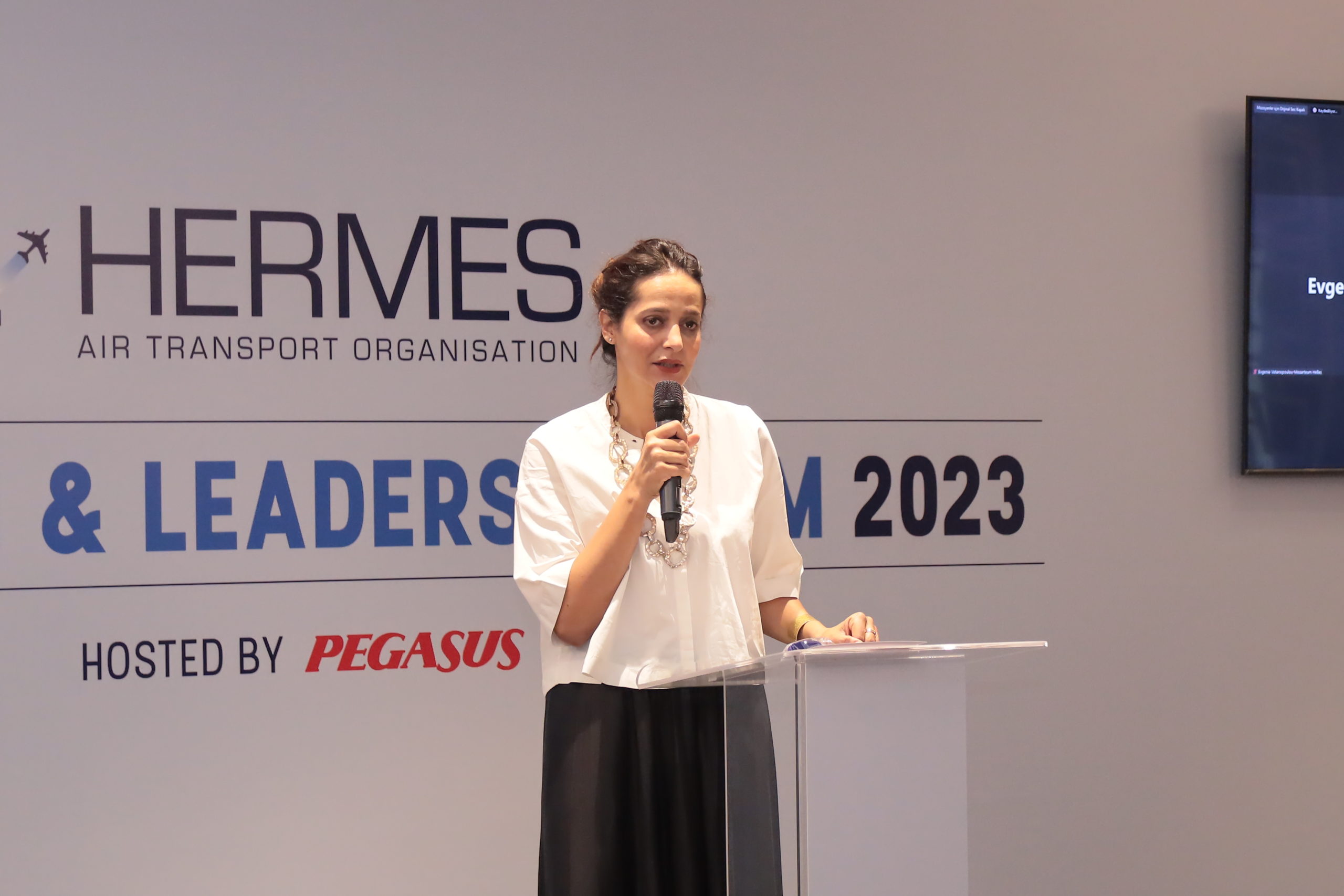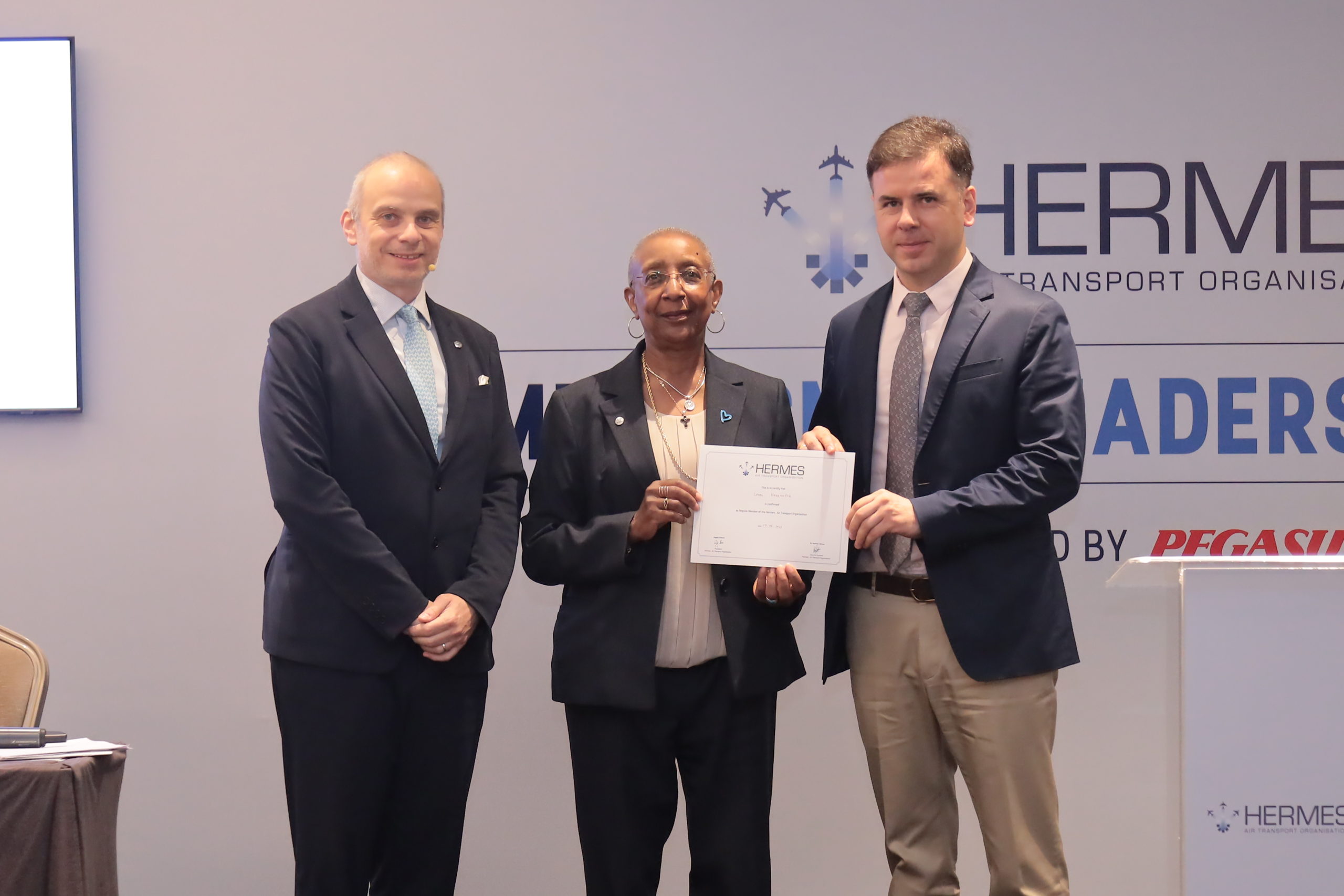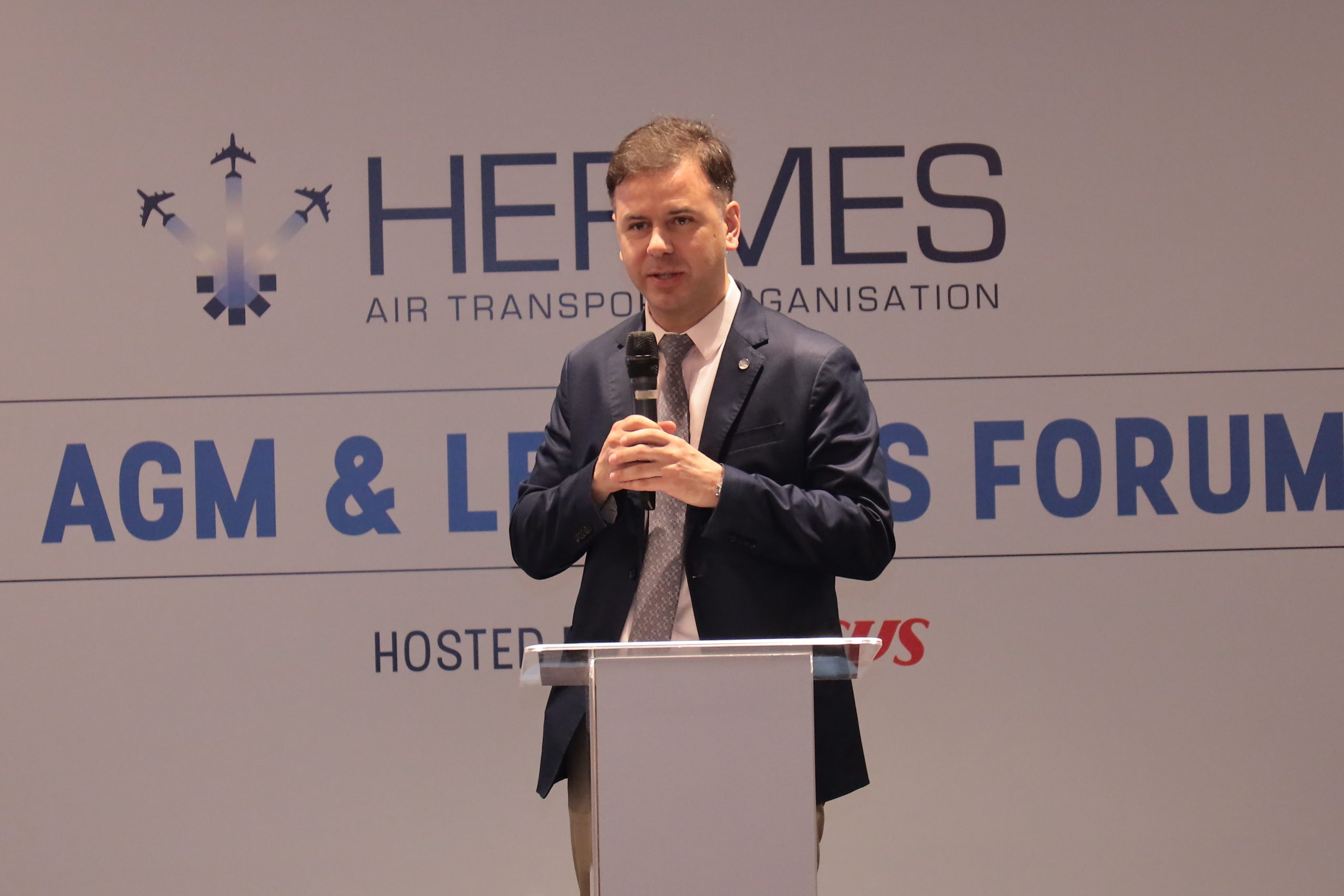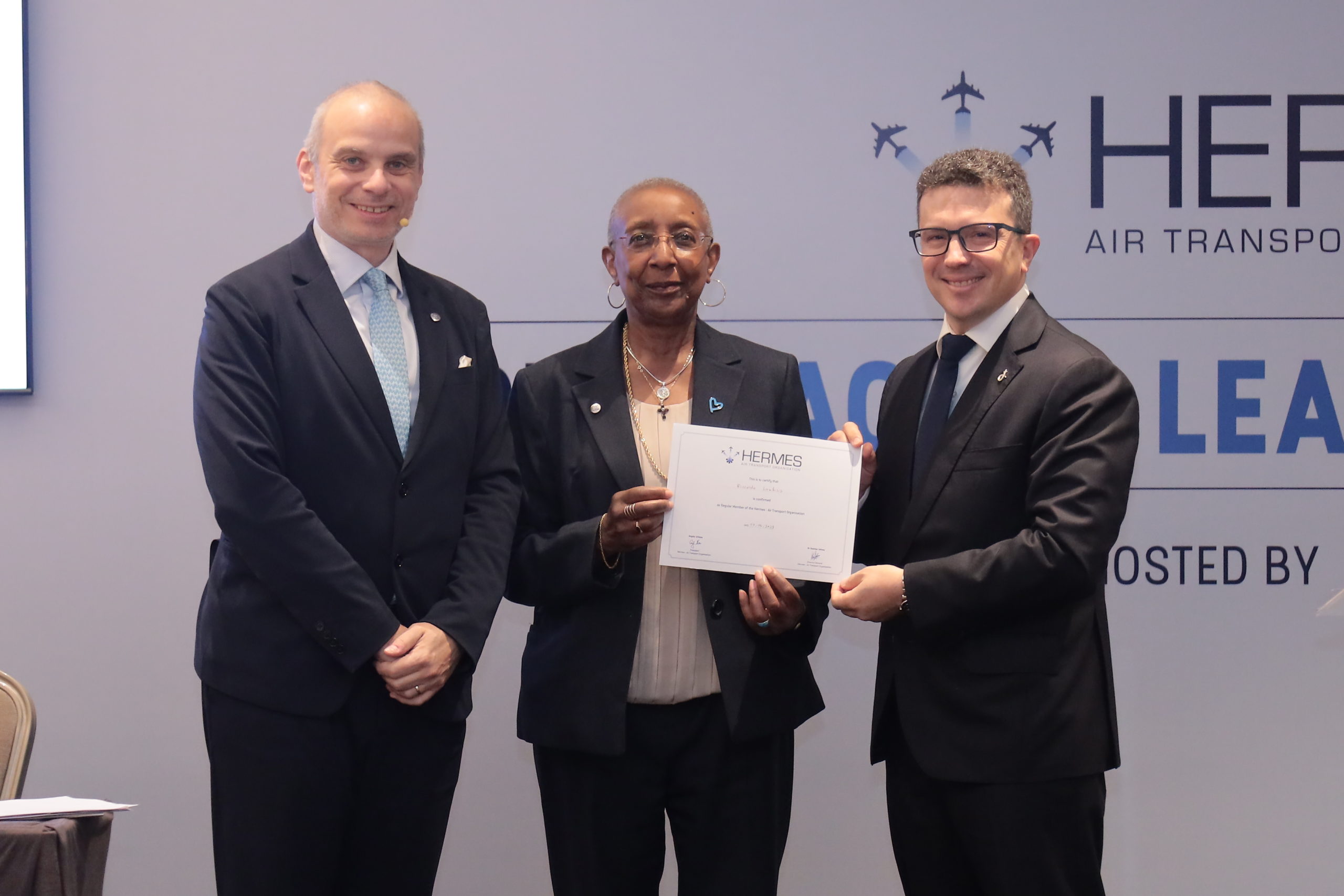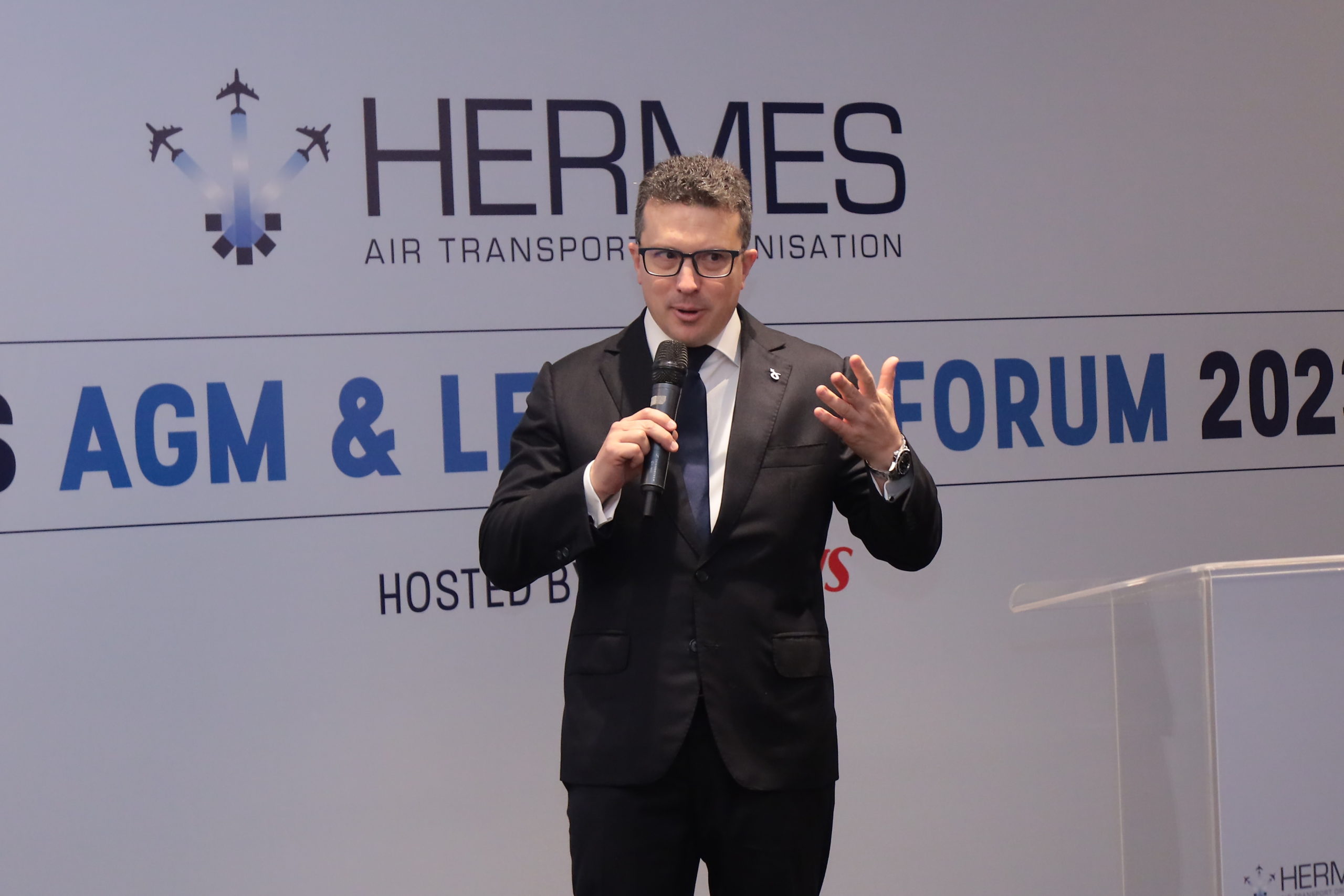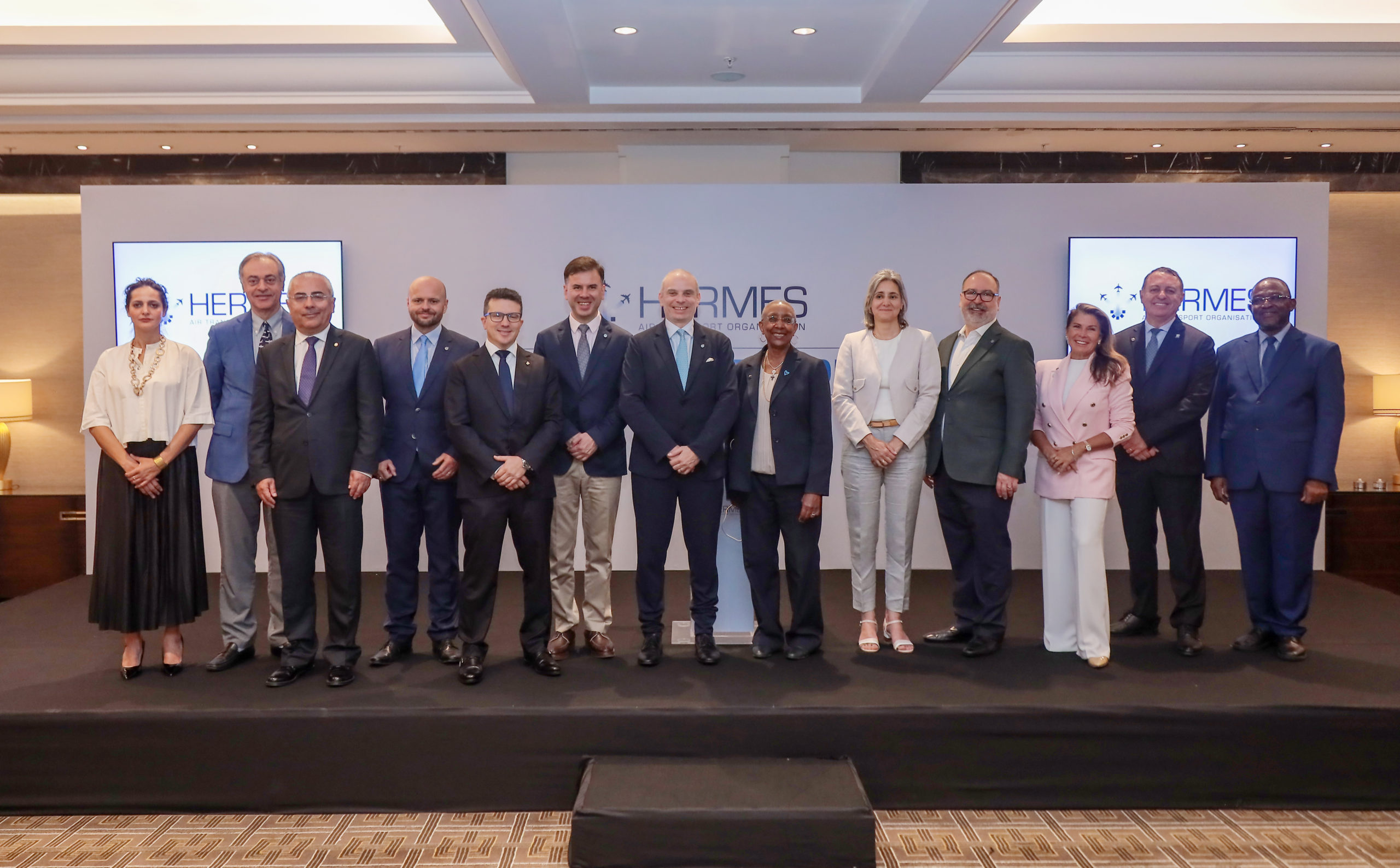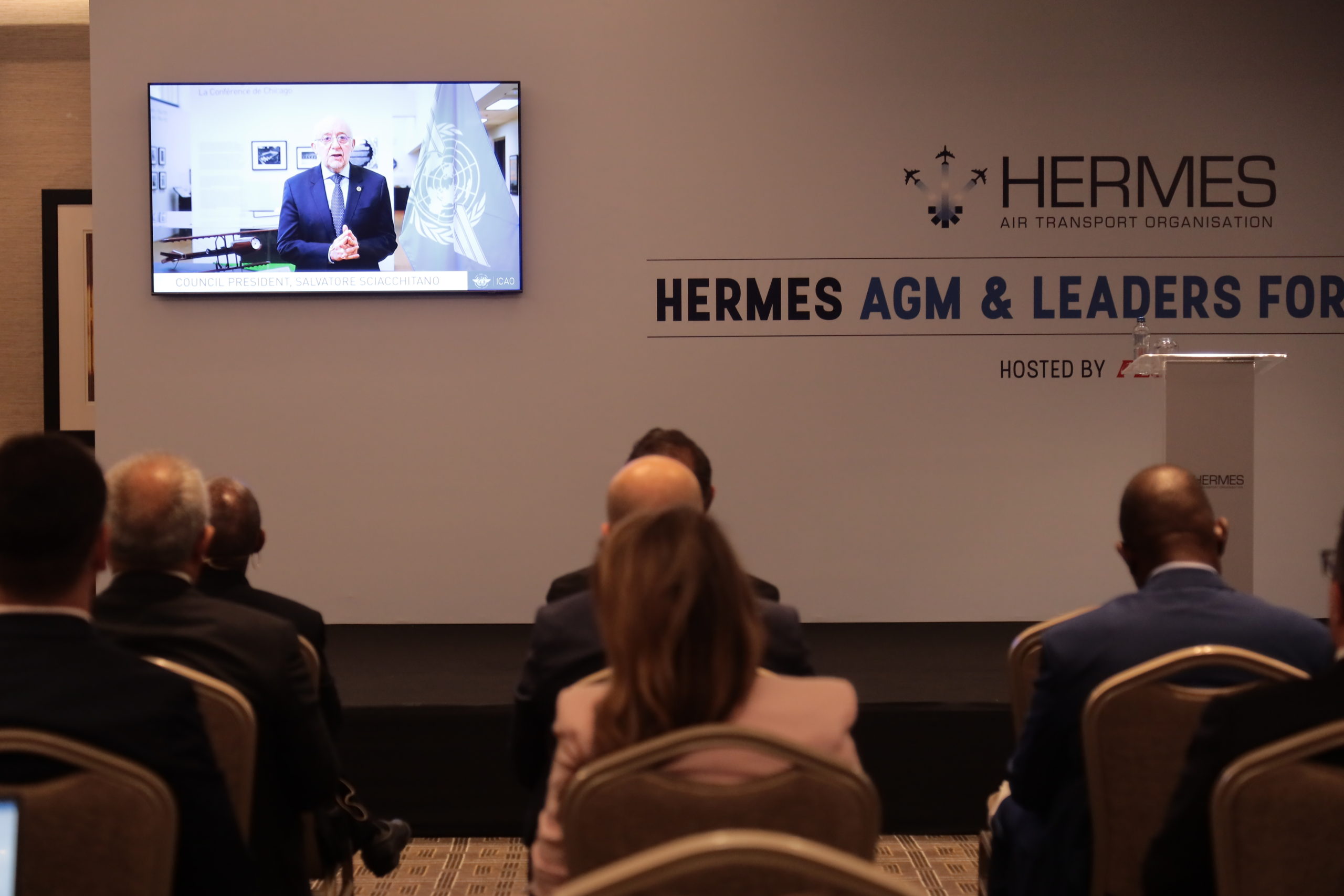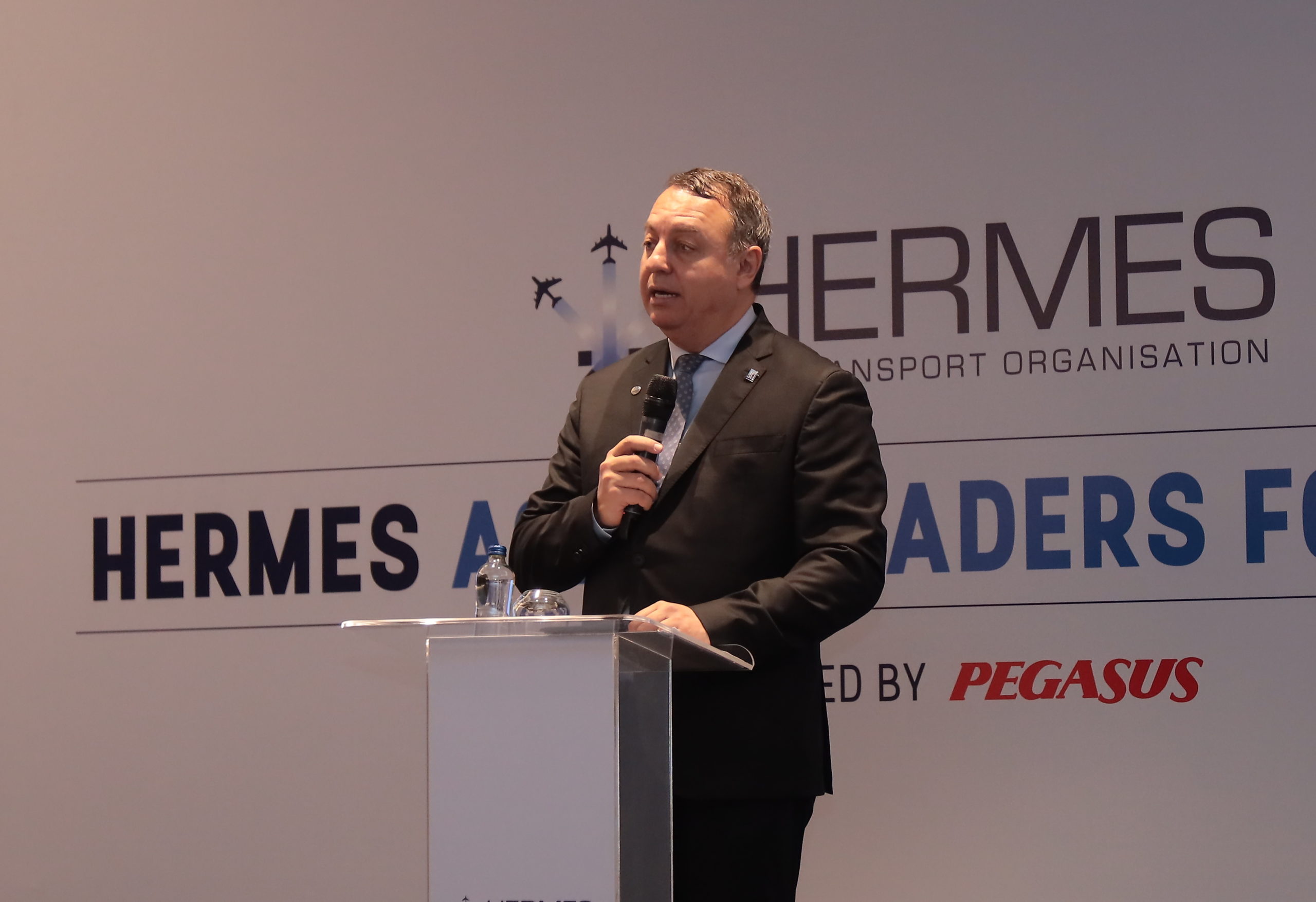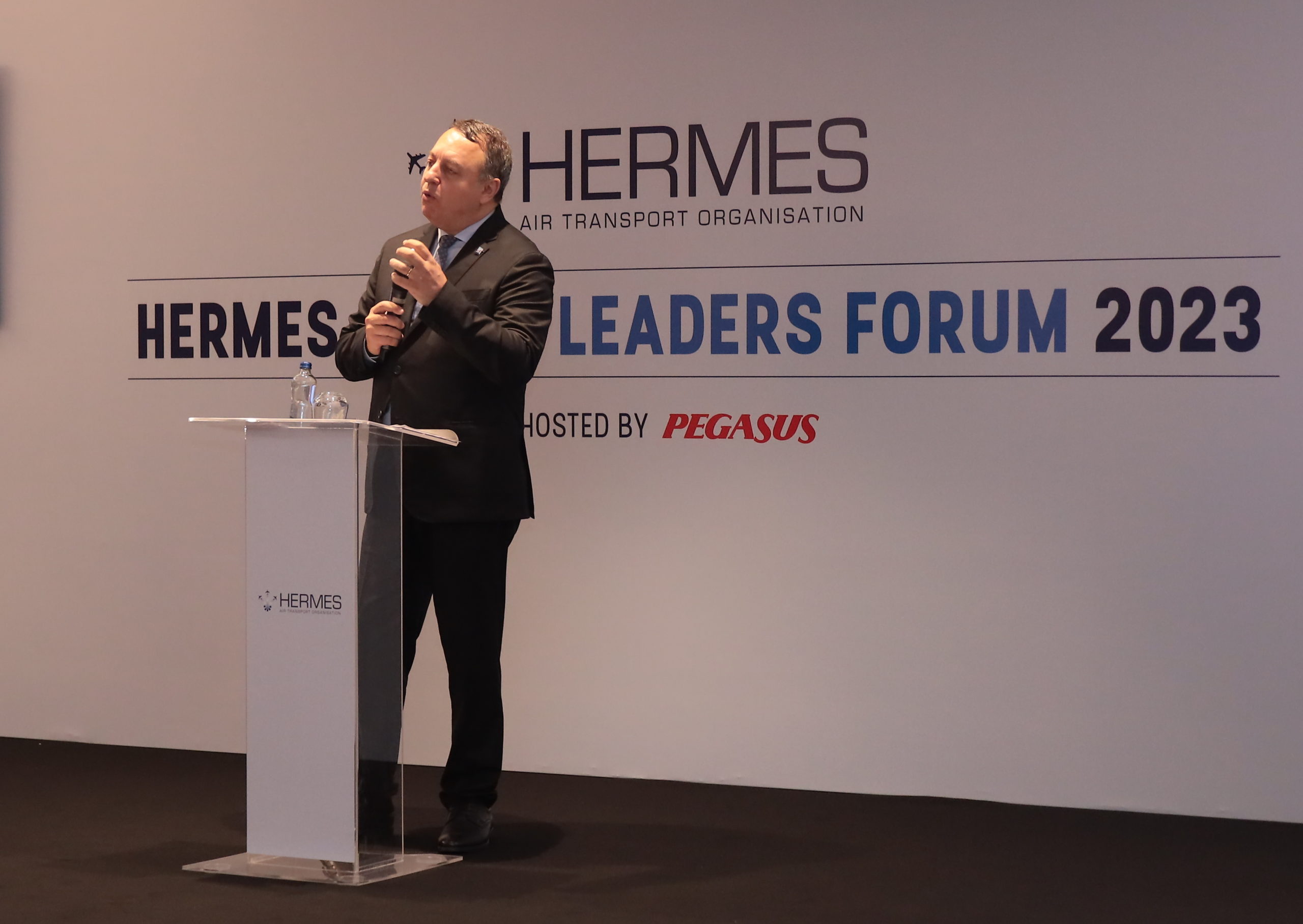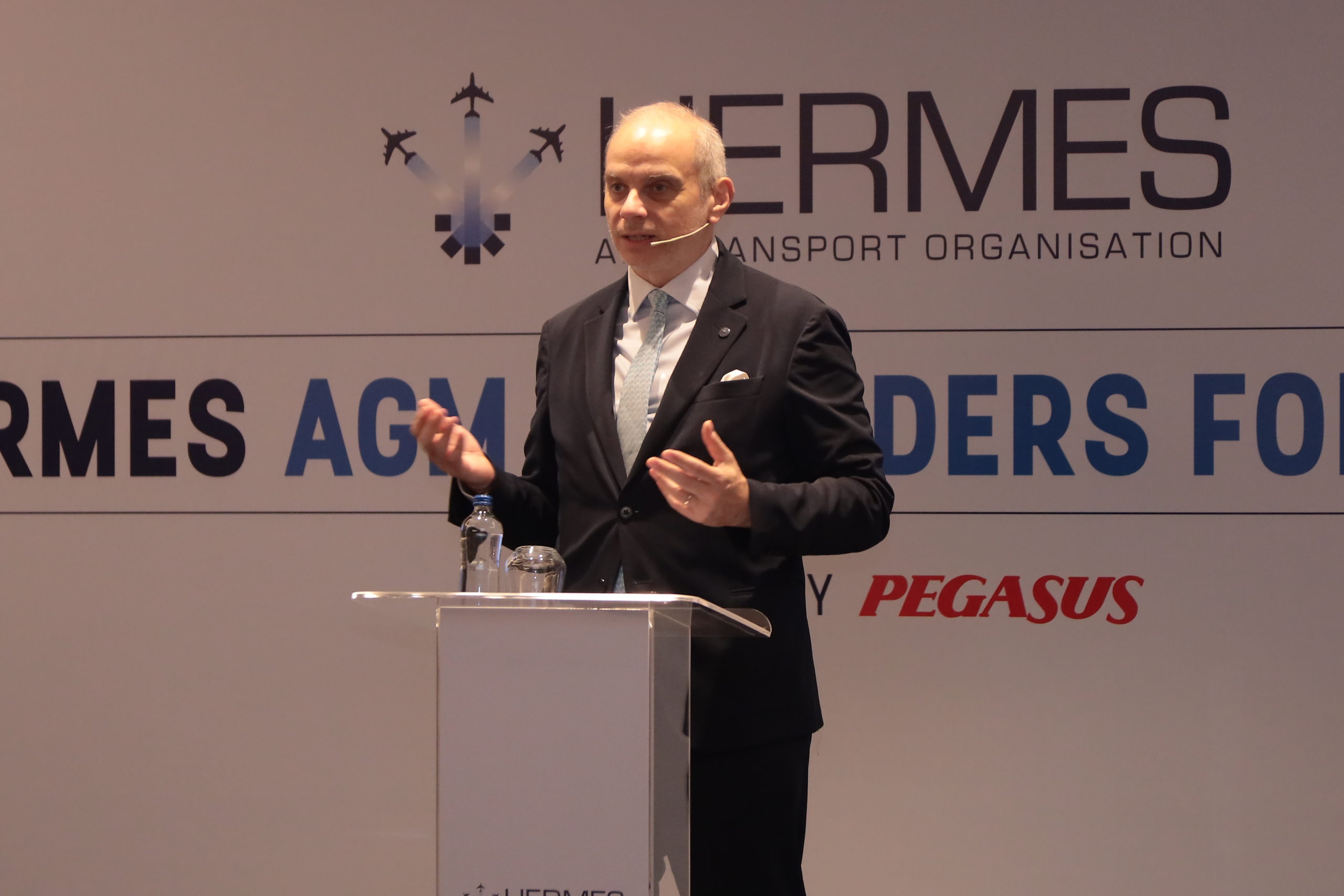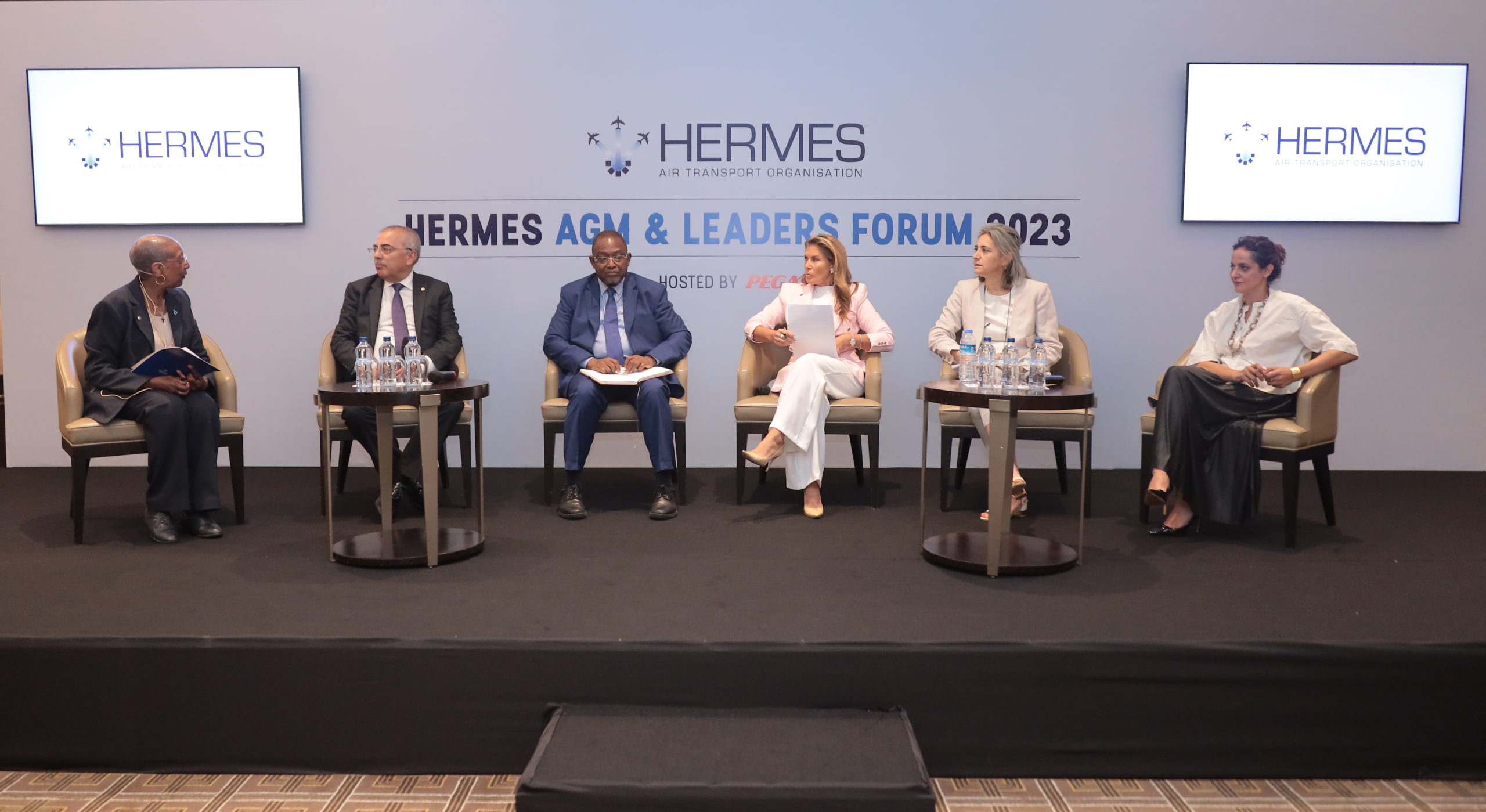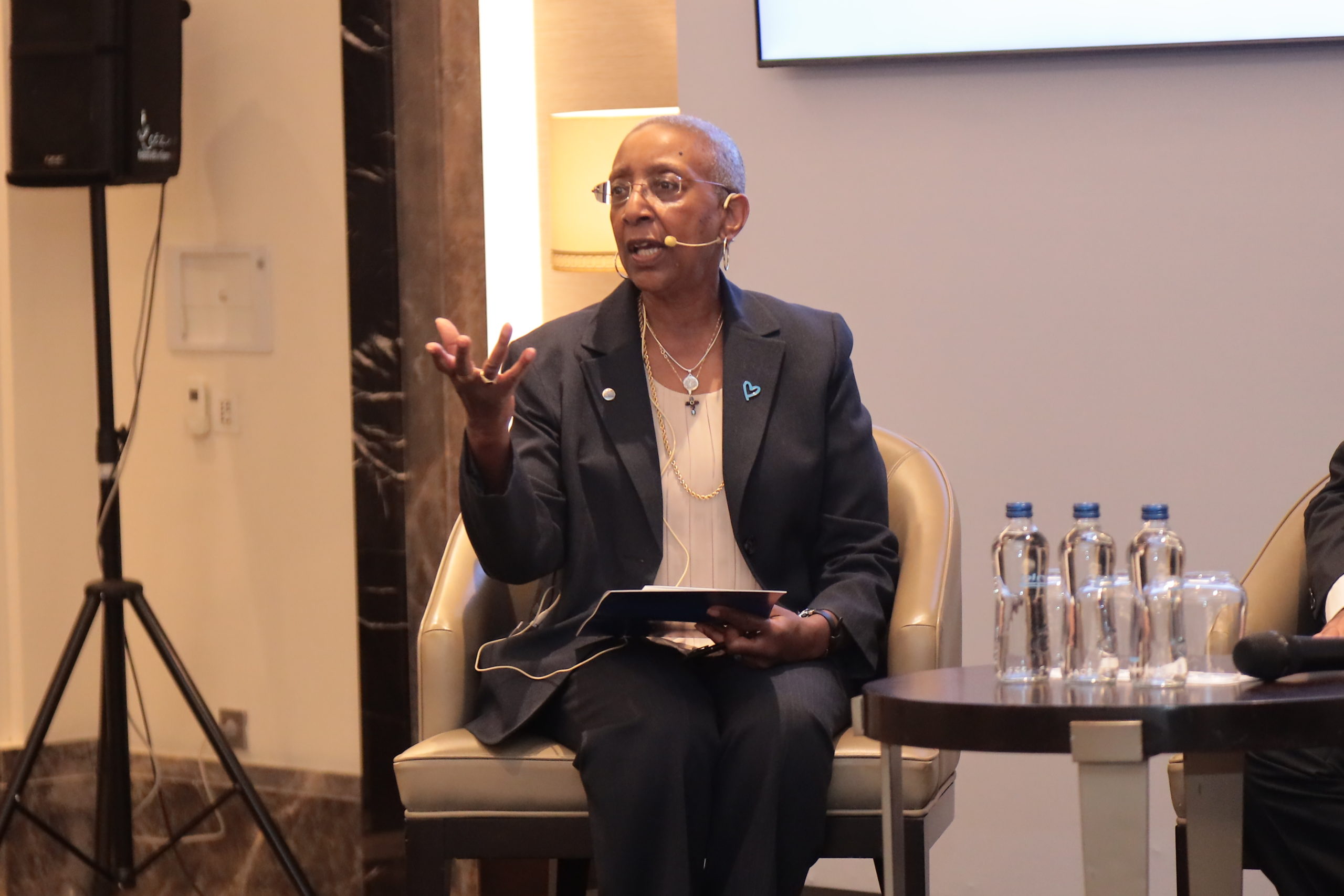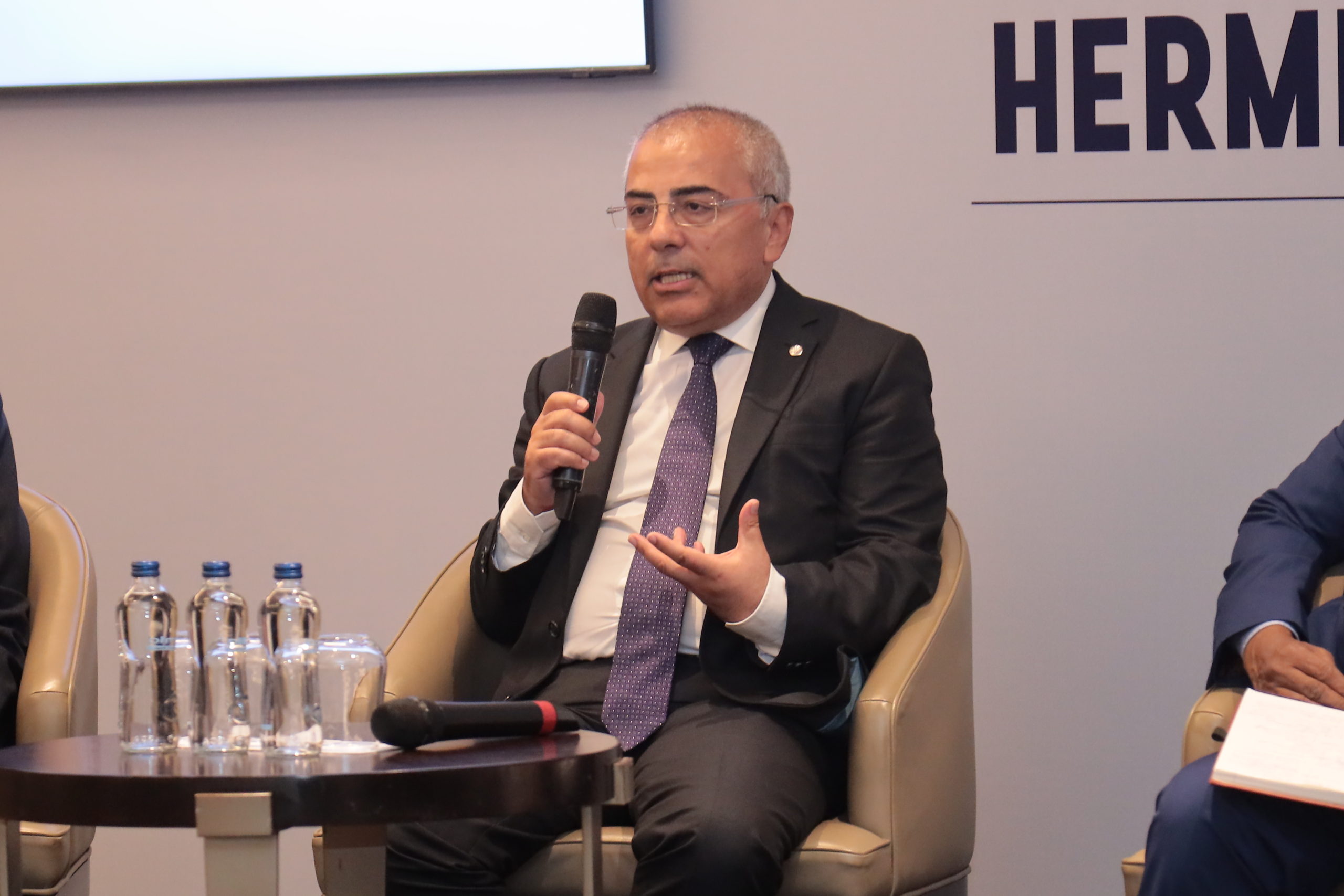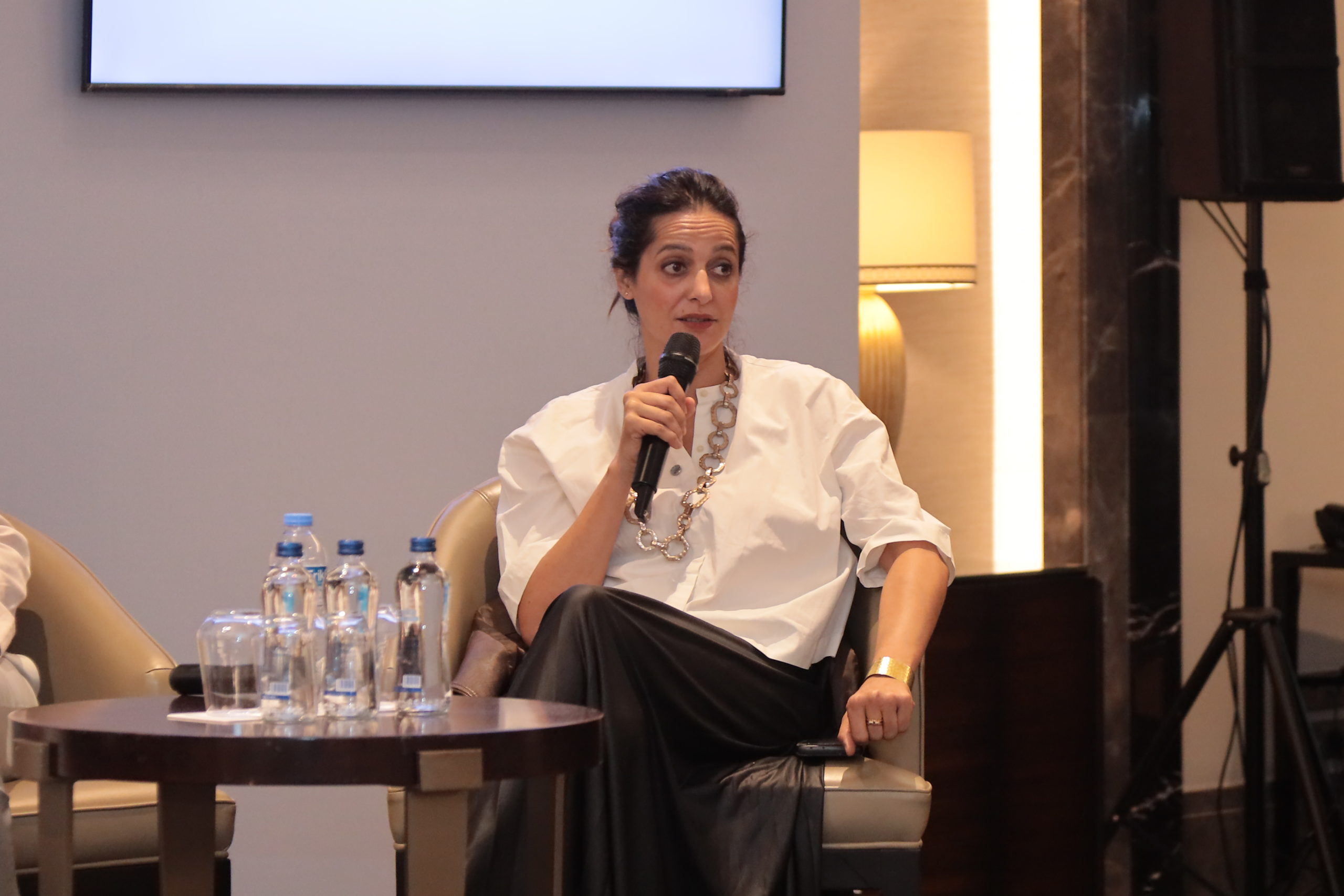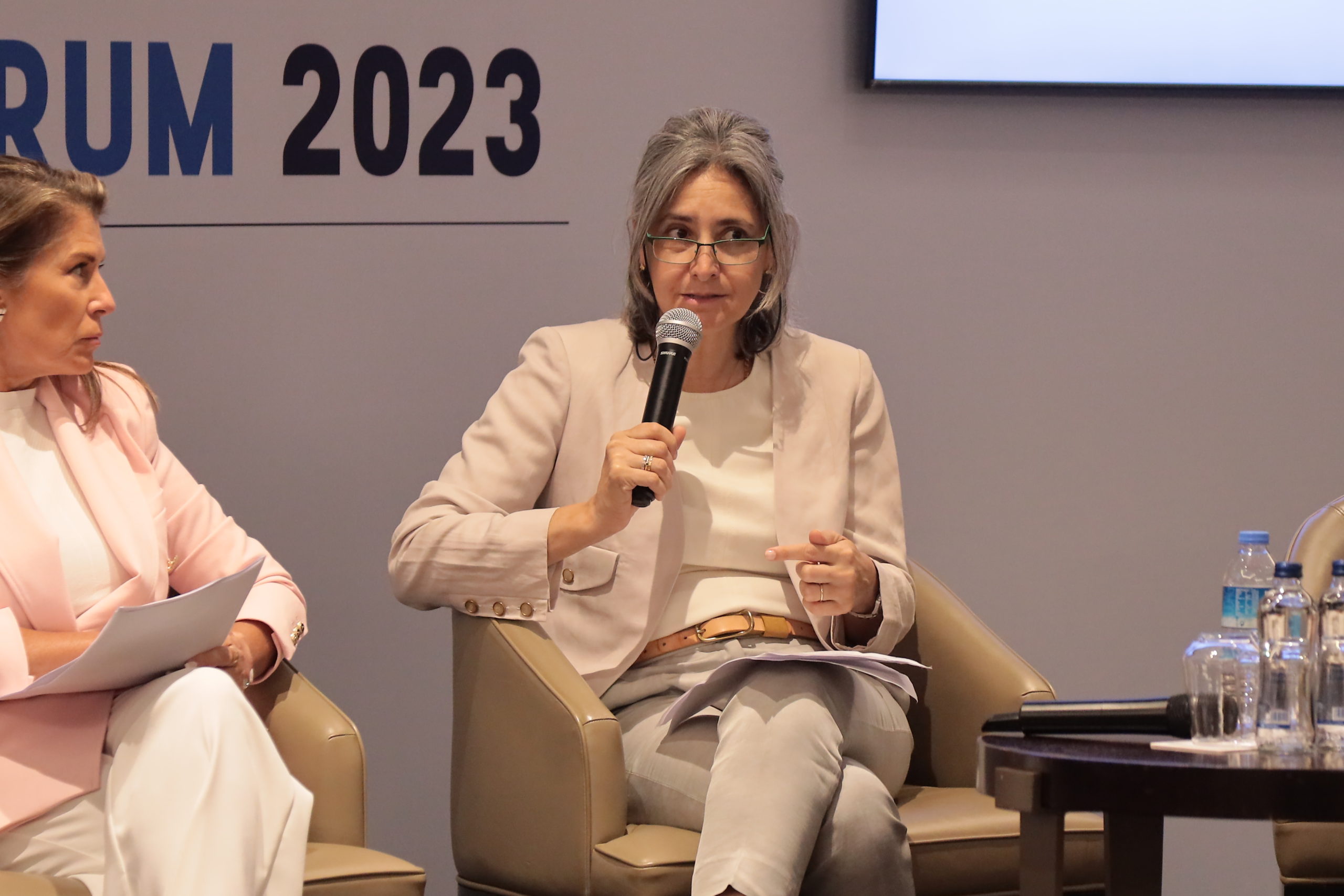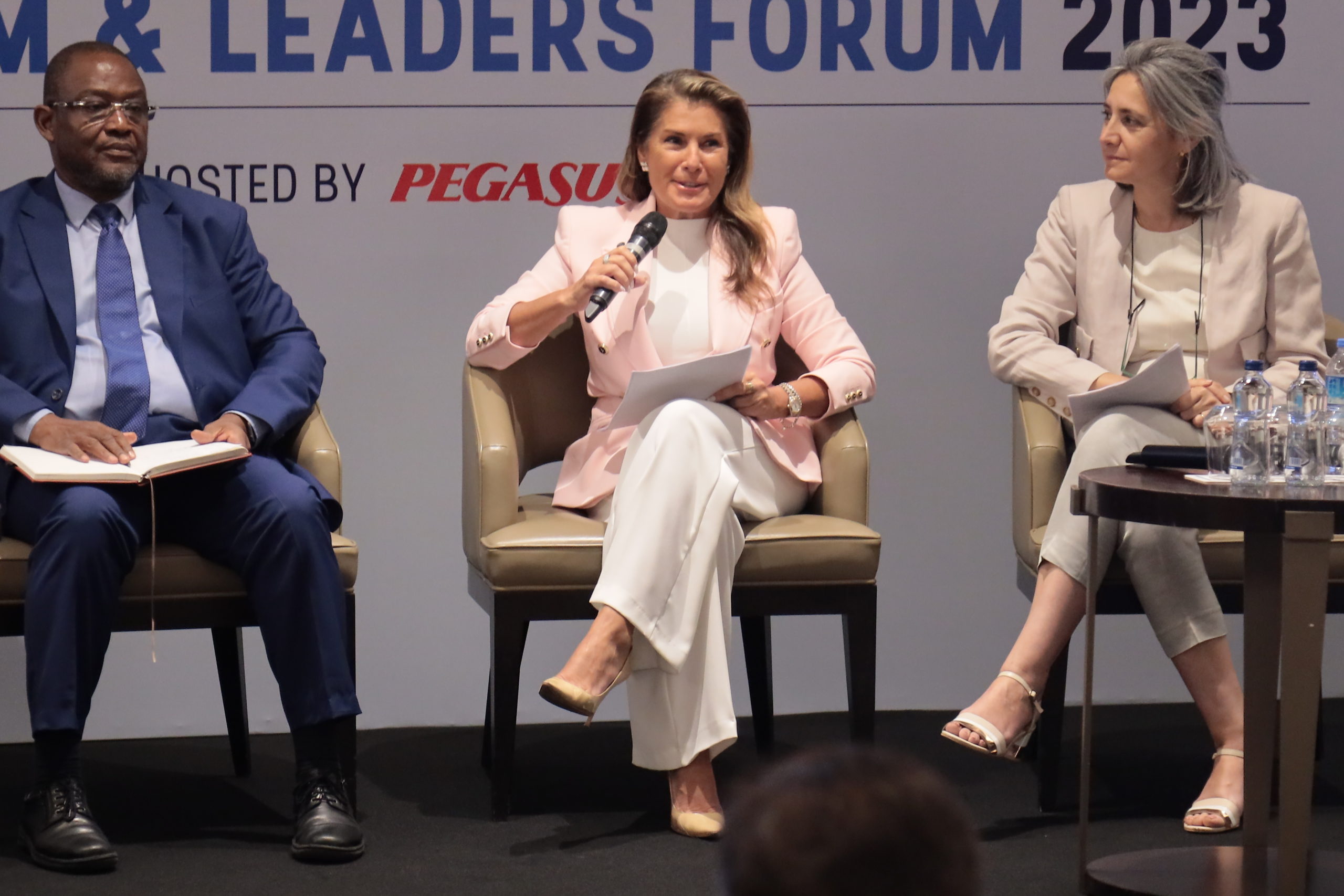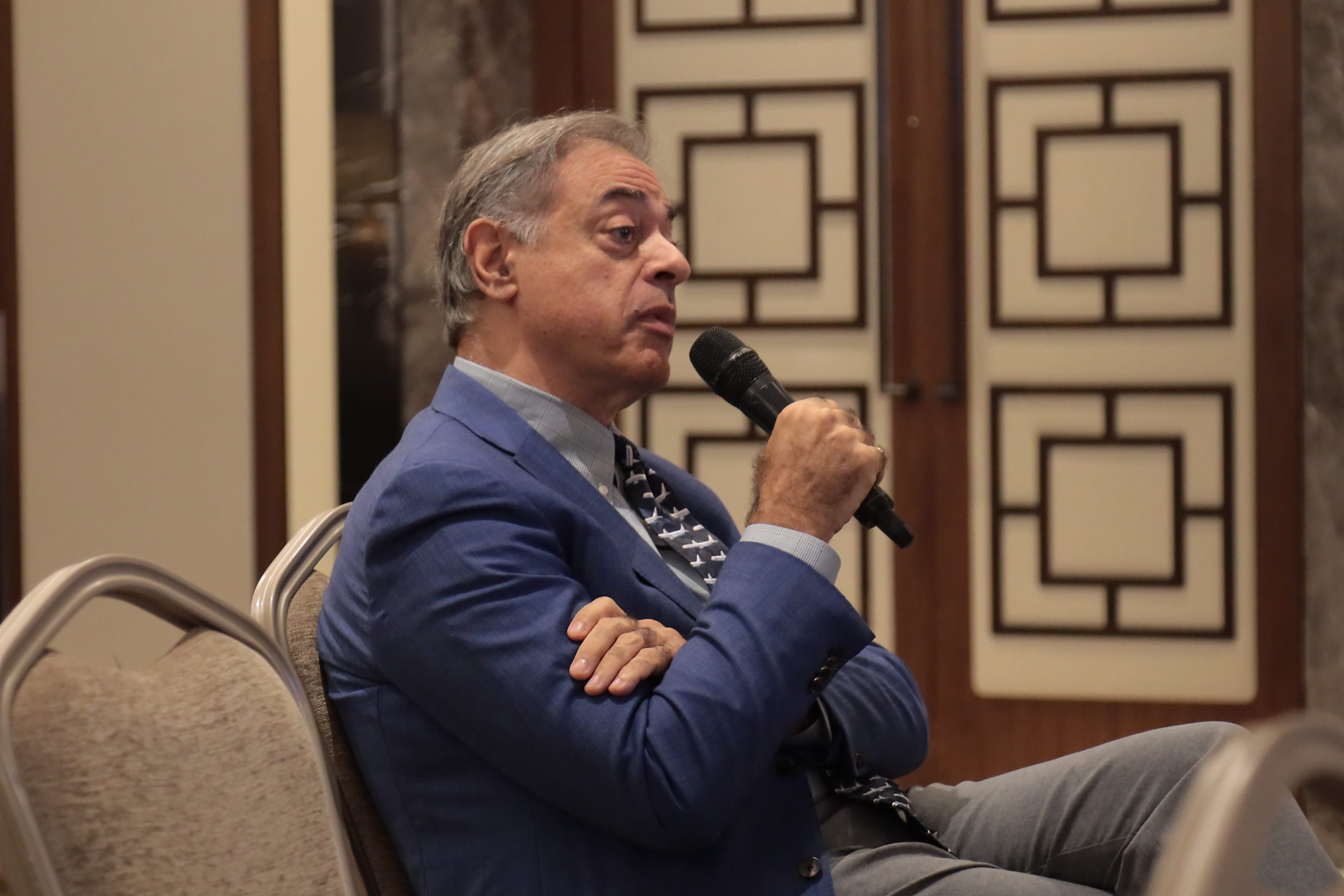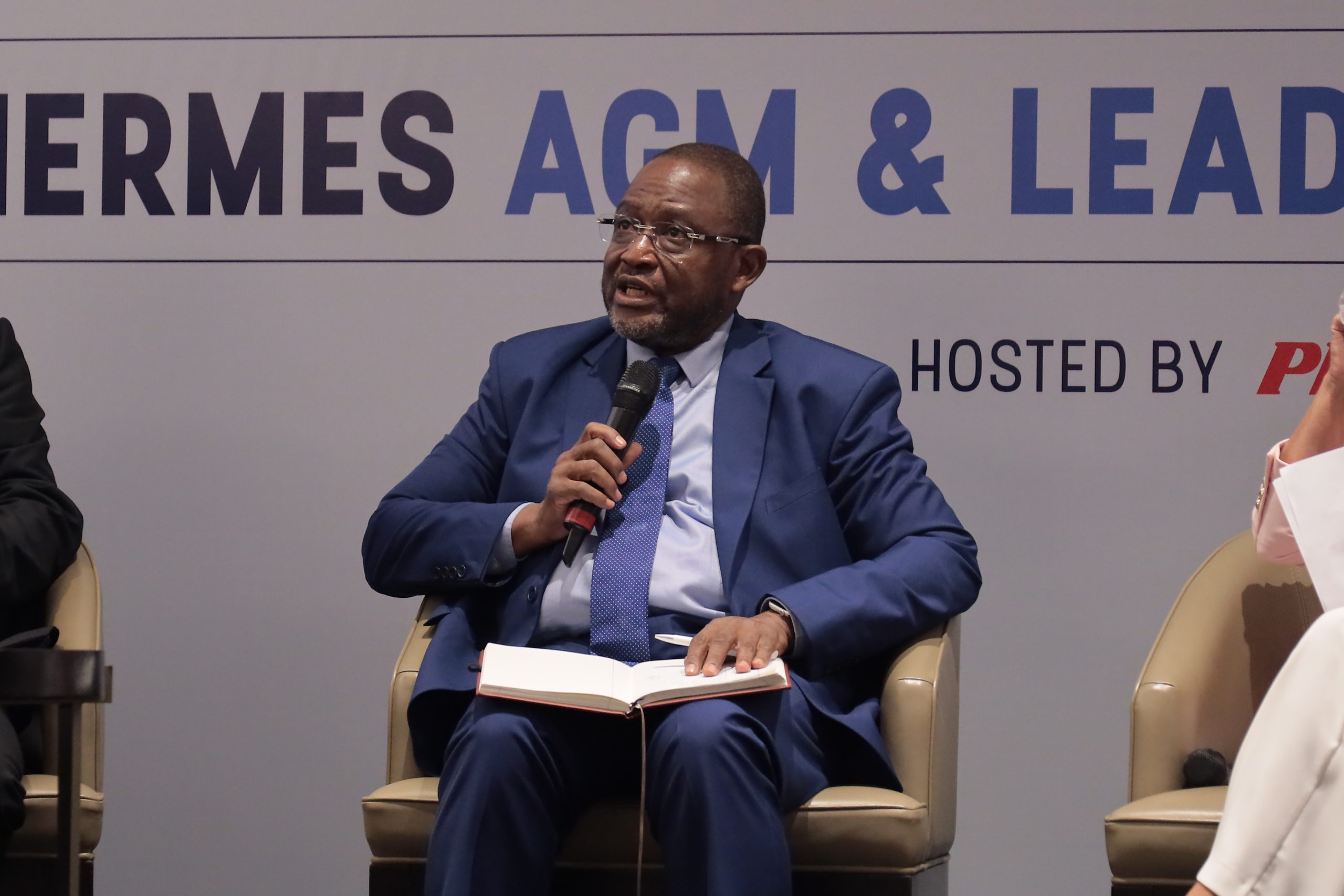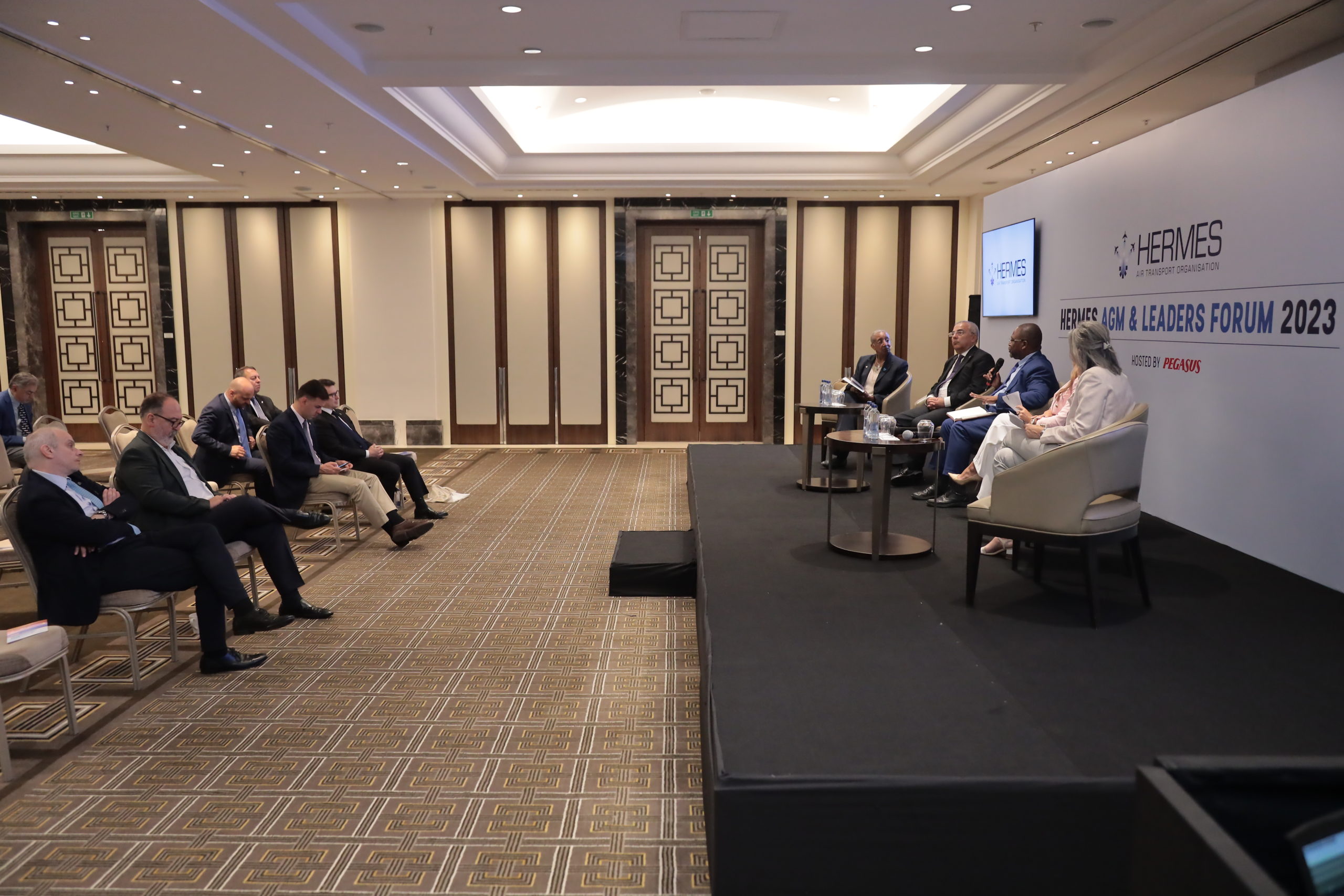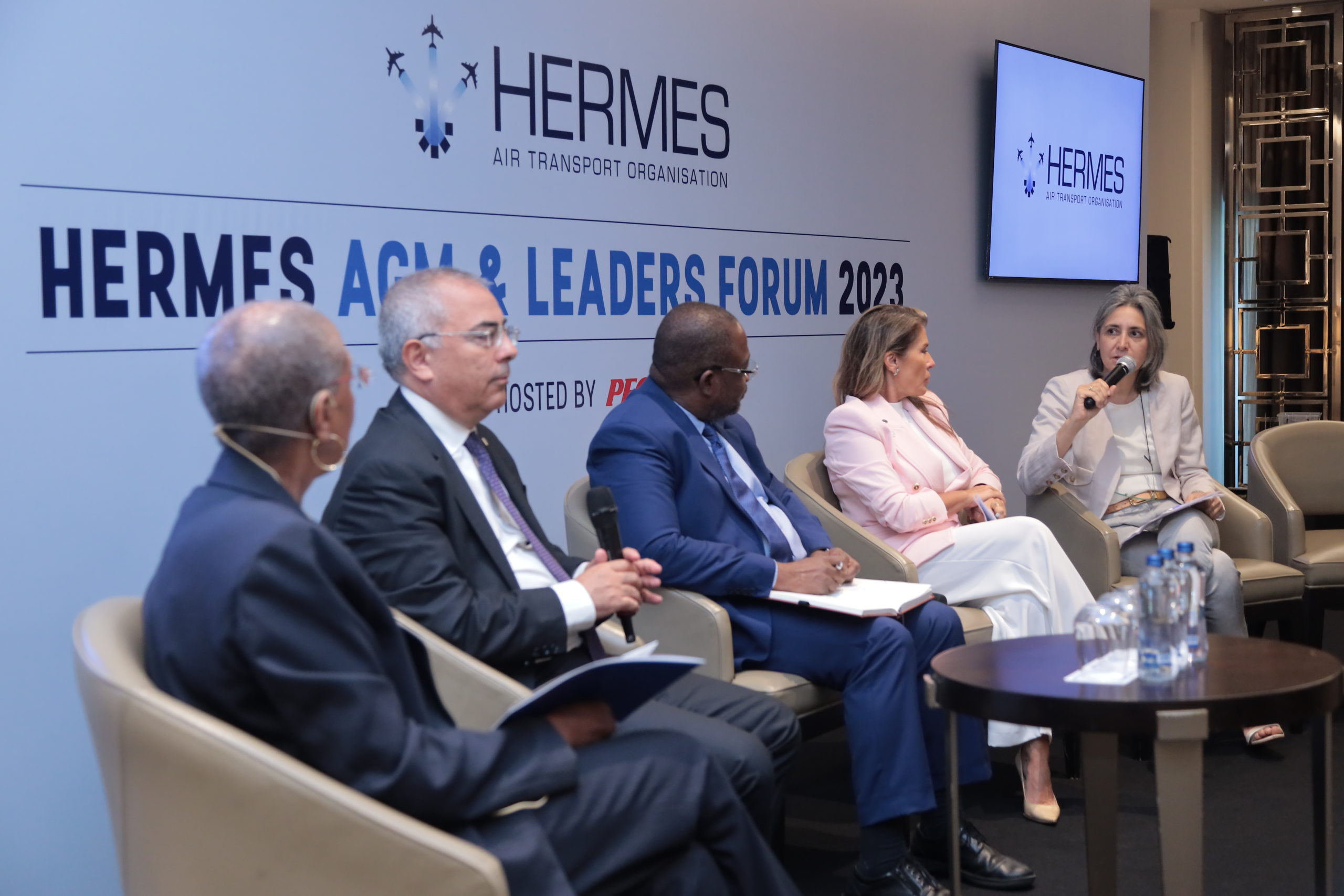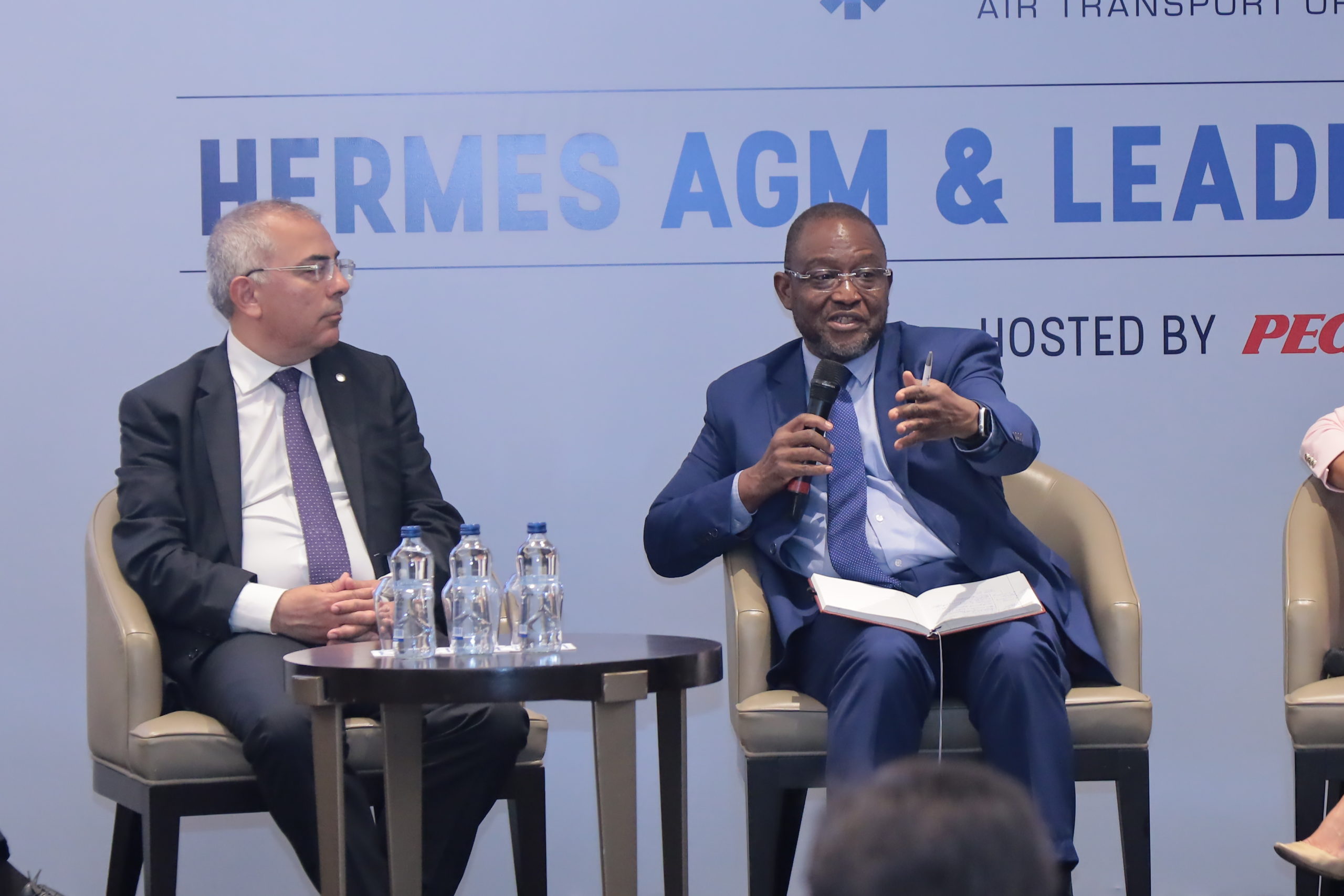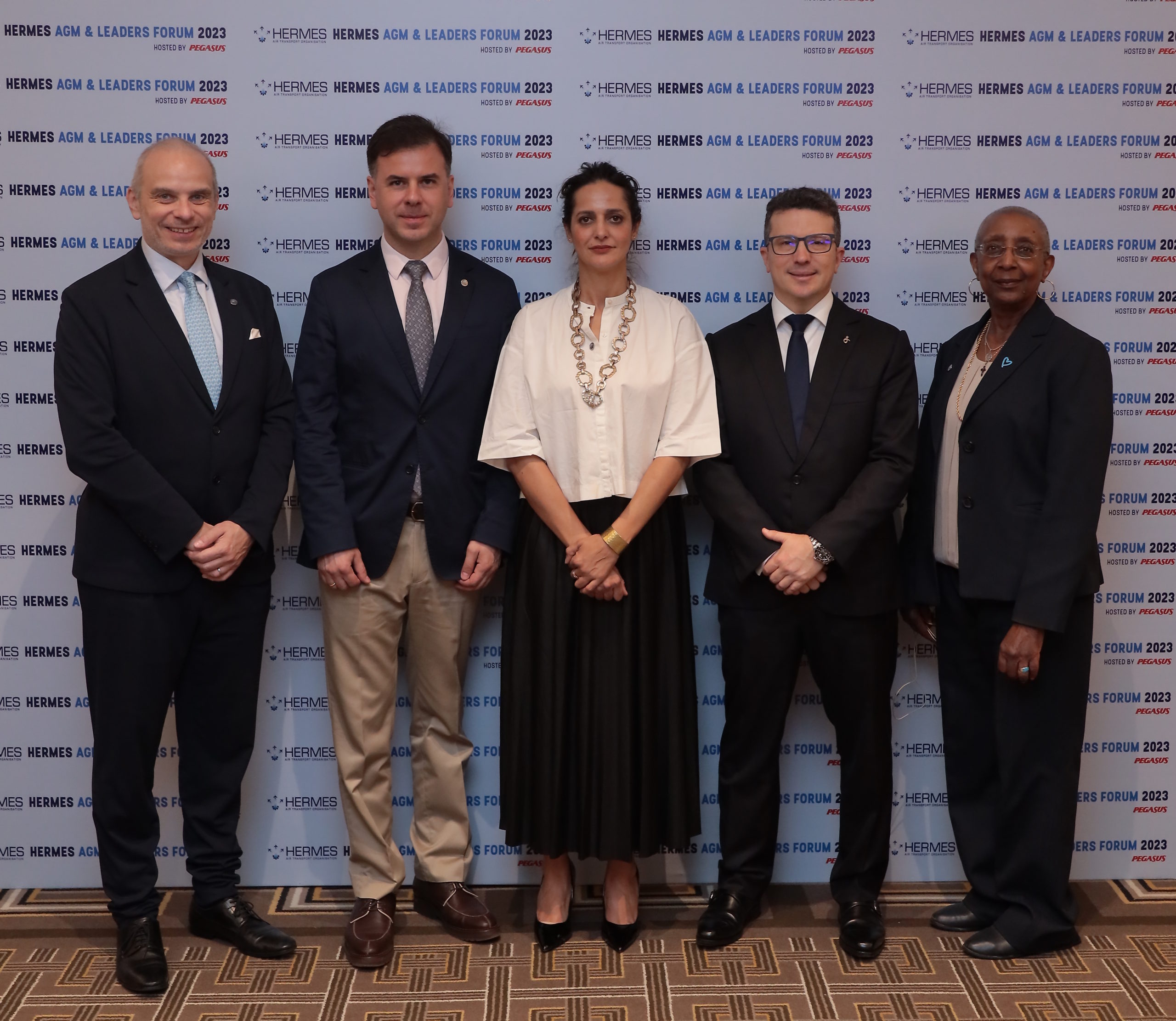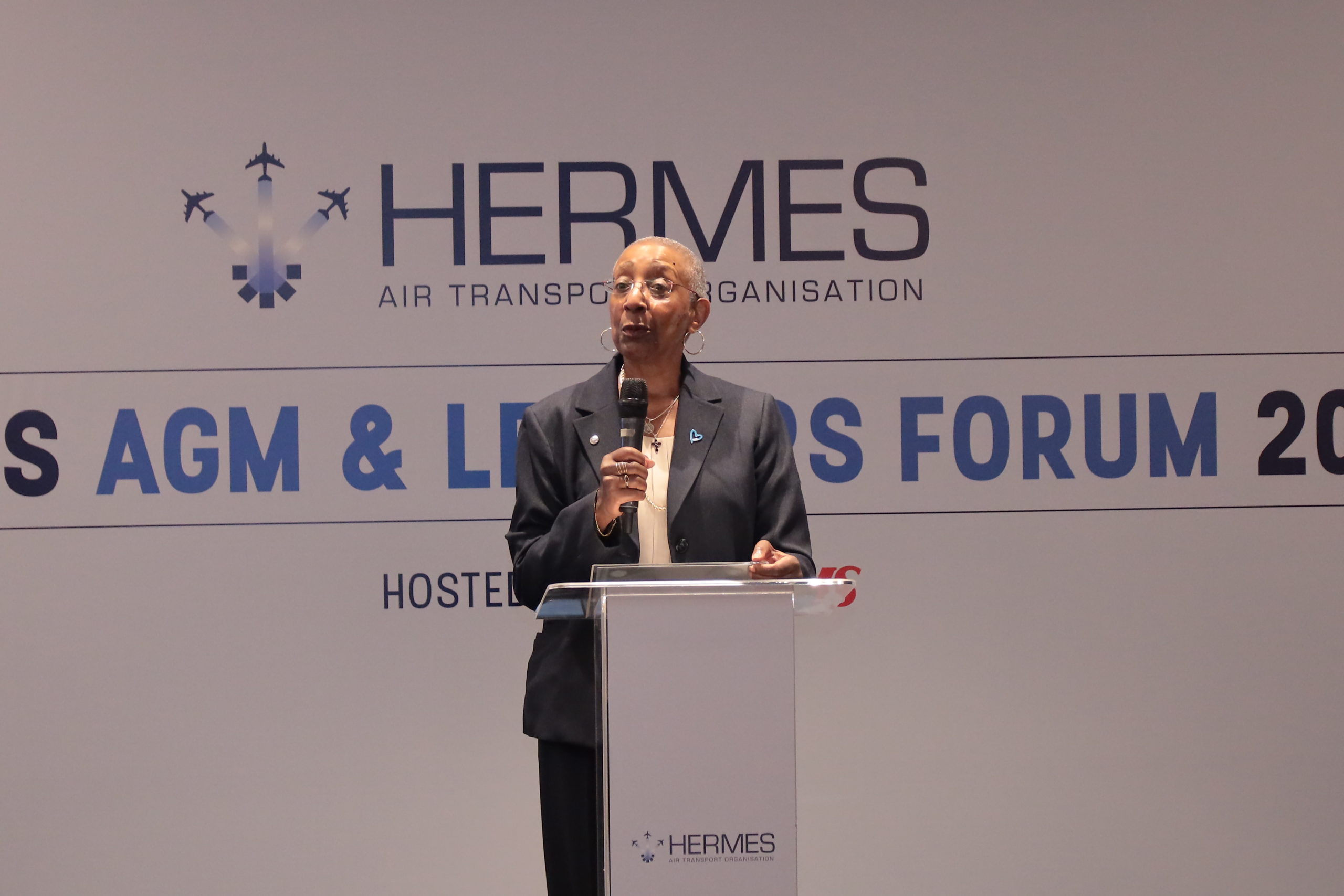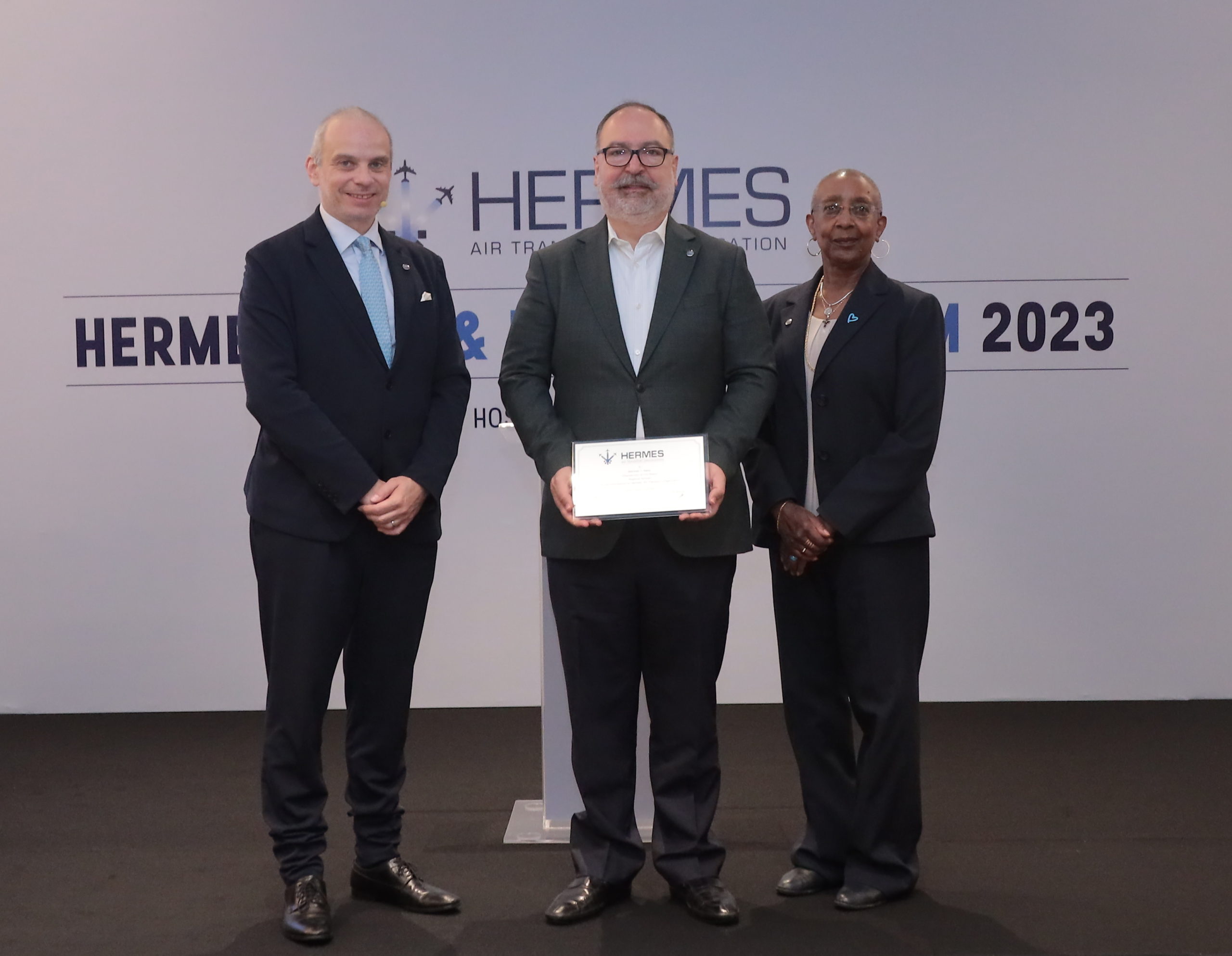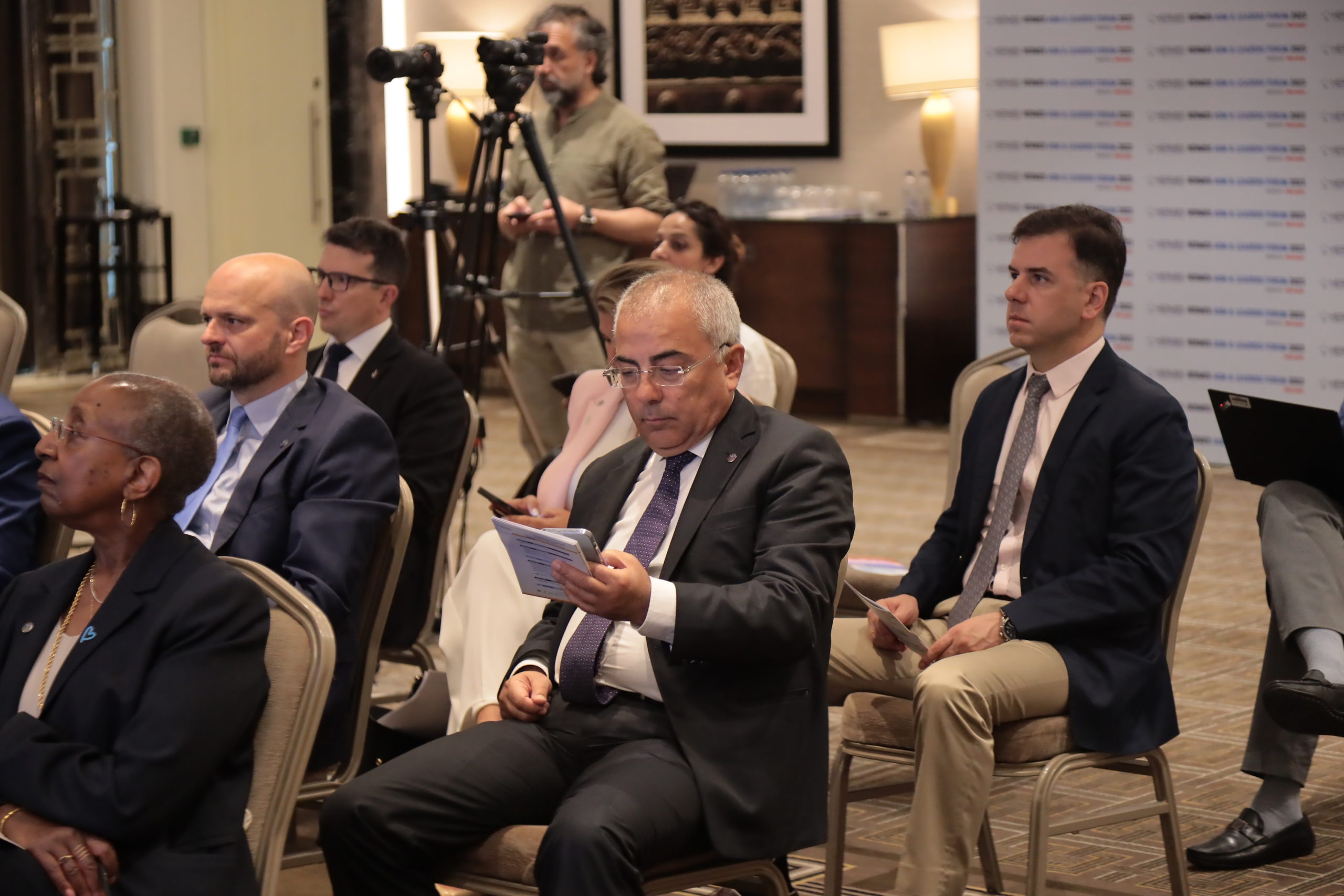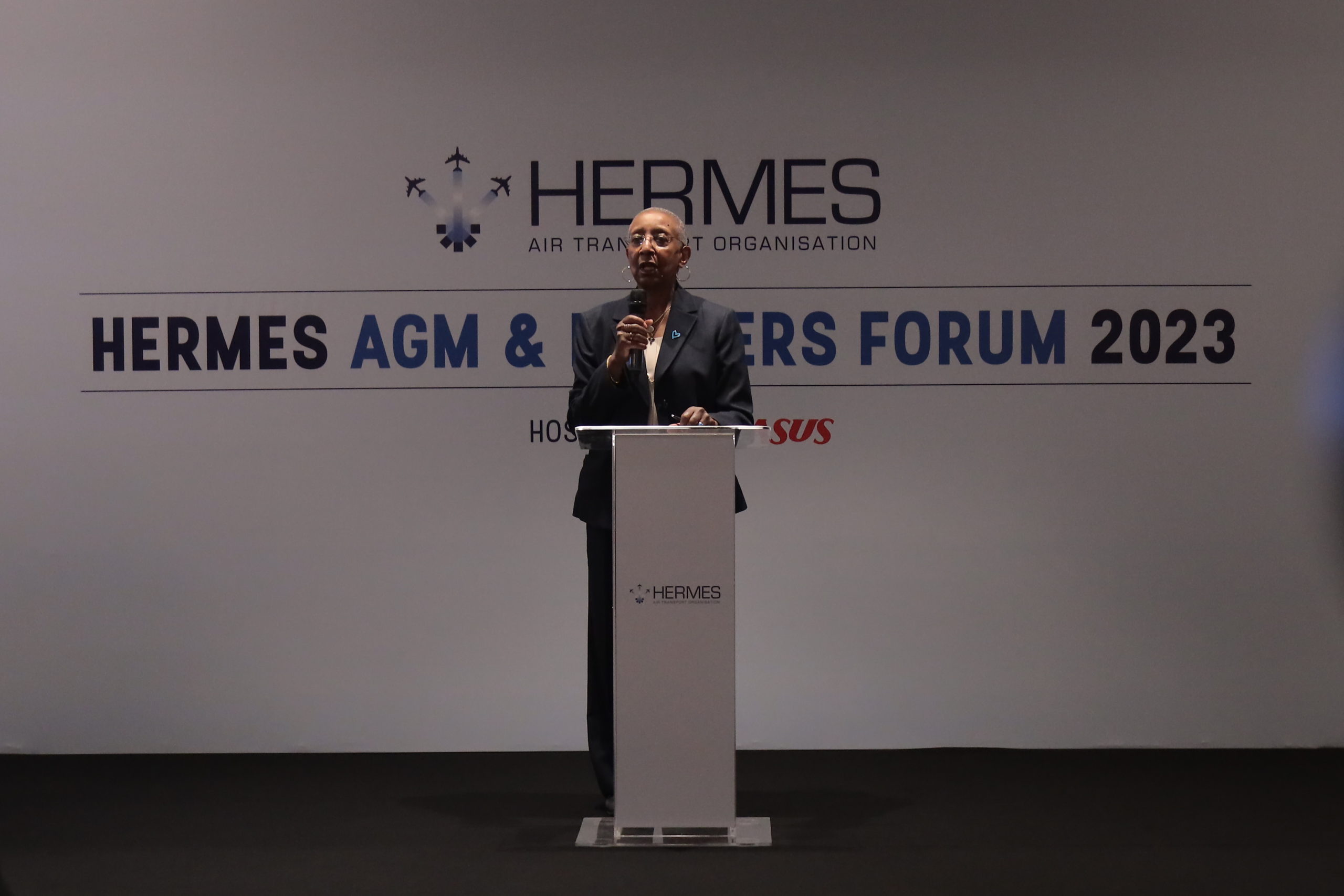Recruiting and Retaining Talent: The Key to Success in the Aviation Industry
A recent report by Oxford Analytics states that 2.3 million jobs have been lost across airlines, airports, and civil aviation groups since the outbreak of the covid-19 pandemic, a 21 percent reduction from pre-pandemic levels. Although employee layoffs conserved cash during the low points of the pandemic period, the decisions to reduce workforces have had longer term consequences. As travel restrictions eased and demand for air travel increased, sectors of the aviation industry have been confronted with severe staffing shortages, leading to reduced schedules, flight delays and cancellations, lost baggage, and disgruntled passengers.
It is evident that the aviation industry will have to hire and train extensively over the next several years to meet labor requirements. Moreover, aviation firms will need to retain existing employees, a difficult task given the preponderance of shift work and travel requirements in the industry. The labor shortage will require firms to be proactive in their approaches to hiring, training, and retaining workers. For example, United Airlines instituted its Aviate Academy to attract and train pilots, and this year successfully graduated its first class of fifty-one trainees. United views the Aviate Academy as a key resource in its efforts to hire 10,000 pilots by the end of the decade.
Aviation industry associations, including ACI World and the National Business Aviation Association (NBAA), have provided advice to their members on hiring and retaining workers. Broad guidelines outlined in industry publications include, carefully analyzing the competitive environment, addressing work-life balance concerns, and providing clear career paths for advancement. Many industry experts agree that compensation, alone, is insufficient to keep employees in the fold. “Quality of life is a big part of attracting and retaining good people.”
Industry specialists suggest that aviation firms will need to seek out a more diverse workforce to meet labor requirements. Pilots in the US, for example, are predominantly male and overwhelmingly White. Clearly, drawing talent from a more diverse population can help alleviate labor shortages in the industry.
Τhe 2023 Hermes AGM & Leaders Forum that took place in Istanbul, kindly hosted by Pegasus Airlines, thanks to the initiative of our esteemed Hermes member and Chairperson of Pegasus Airlines, Mehmet T. Nane.
On Wednesday 7 June 2023, Hermes – Air Transport Organisation held the “Hermes AGM & Leaders Forum – Recruiting and Retaining Talent: The Key to Success in the Aviation Industry”, hosting prominent leaders of the global aviation industry.
Dr Kostas Iatrou welcoming the participants said: “I am pleased to welcome you to the 2023 Hermes AGM and Leaders Forum in Istanbul, a city that has always played an important role in the history of humanity as it stands at the crossroads that connects the East and the West. The recent health crisis had a negative impact on the industry workforce as many jobs were lost. The fast recovery of the industry, faster than expected, caused a chaos last summer. Hermes being the organisation that represents the leaders, the human factor, of air transport industry believes that the success of our business is closely related to this parameter.”
In his annual report Dr Iatrou made an analytical presentation of the key activities, including the formation of International Aviation Forum (IAF) and events that Hermes organised in the last 12 months.
During Hermes AGM, Mehmet T. Nane, Chairperson of Pegasus Airlines was unanimously elected member of the Board of Directors of Hermes.
Hermes also welcomed 5 new members namely (in alphabetical order):
-Tamara Archuadze, Member of Supervisory Board, United Airports of Georgia
-Mara El Filali, General Manager, Moroccan Aerospace Industries Association (GIMAS)
-Levan Karanadze, Chairman of Supervisory Council, Georgian Air Navigation
-Riccardo Lambiris, Chairman, Athens International Airport
-George Lioumbis, General Manager, SkyExpress
Keynote speakers of the Leaders Forum where Salvatore Sciacchitano, Presdient of the Council of ICAO (virtually) and Luis Felipe de Oliveira, Director General of ACI World.
Angela Gittens, President of Hermes moderated a round table discussion with the participation of:
-Patricia N. Vercelli, SVP, General Counsel and Secretary, A4A
-Abderahmane Berthe, Secretary General, AFRAA
-Montserrat Barriga, Director General, ERA
-Maria El Filali, General Manager, Moroccan Aerospace Industries Association (GIMAS)
-Haydar Yalcin, Senior Expert, EUROCONTROL
They all stressed the need and the difficulty to retain and to recruit well trained and experienced personnel, including pilots and technicians. Realizing this problem, there is now closer cooperation not only between the different sectors of the industry but also between the air industry and the universities to establish specialized training programmes and to make the industry “attractive”. This is especially more important now for the industry that has increased safety standards and economic and financial pressures. At the same time there are a lot of different interests with different priorities which makes consensus difficult. They admitted that in terms of recruitment the air industry is not the “sexiest” one but there have been significant improvements in diversity and sex equality and technology. Companies need to get better at retraining people to work with the newest technology. They stressed that some of the air traffic management issues are not due to staff shortages but to lack of training. As the most attractive sector is at the moment technology, the sector needs to show and promote the idea that it is at the forefront of technology, to “rebrand” the recruitment sector to make it “more creative, more forward looking”. It is the industry that needs to locate the workforce to be hired.

